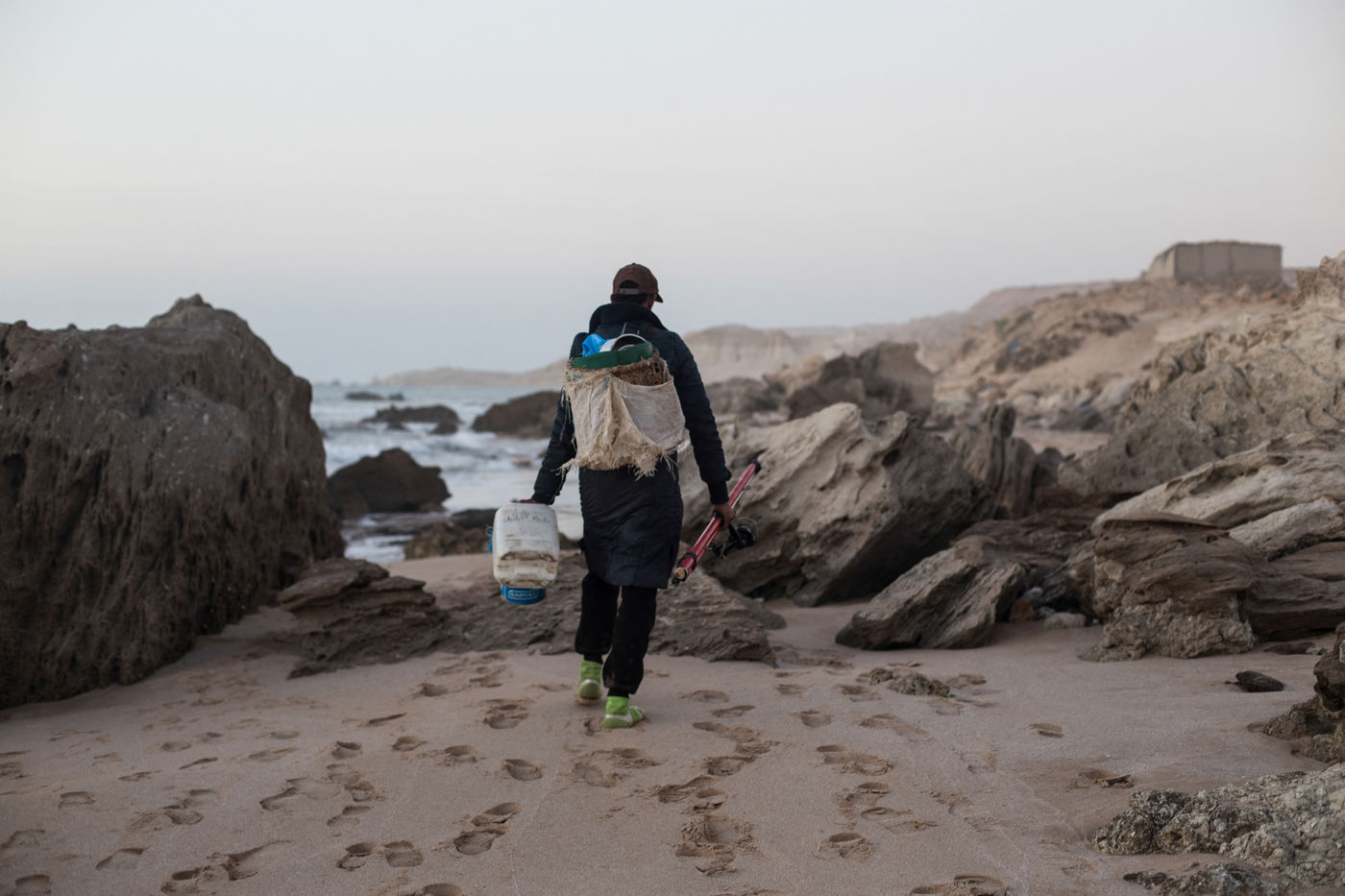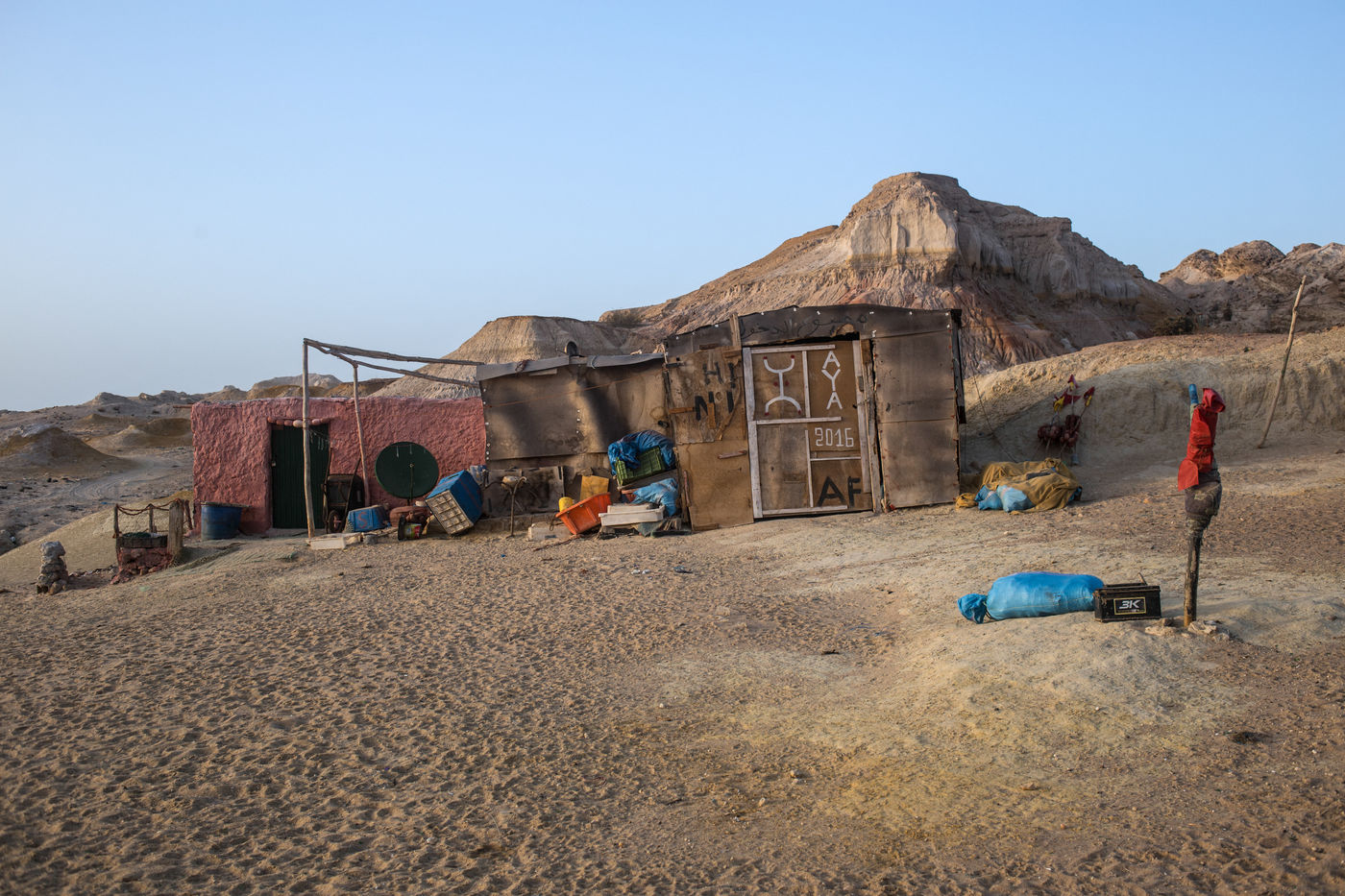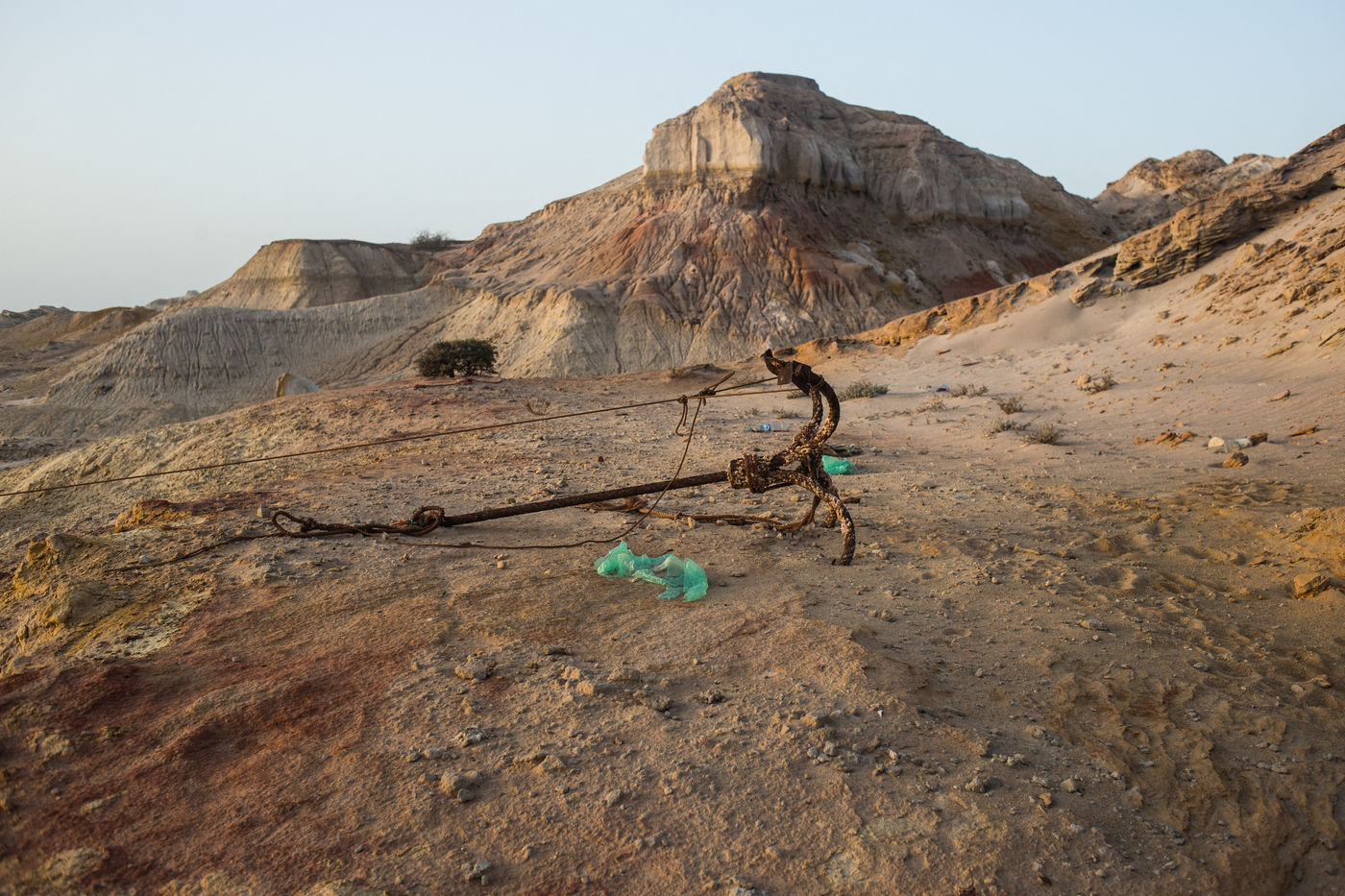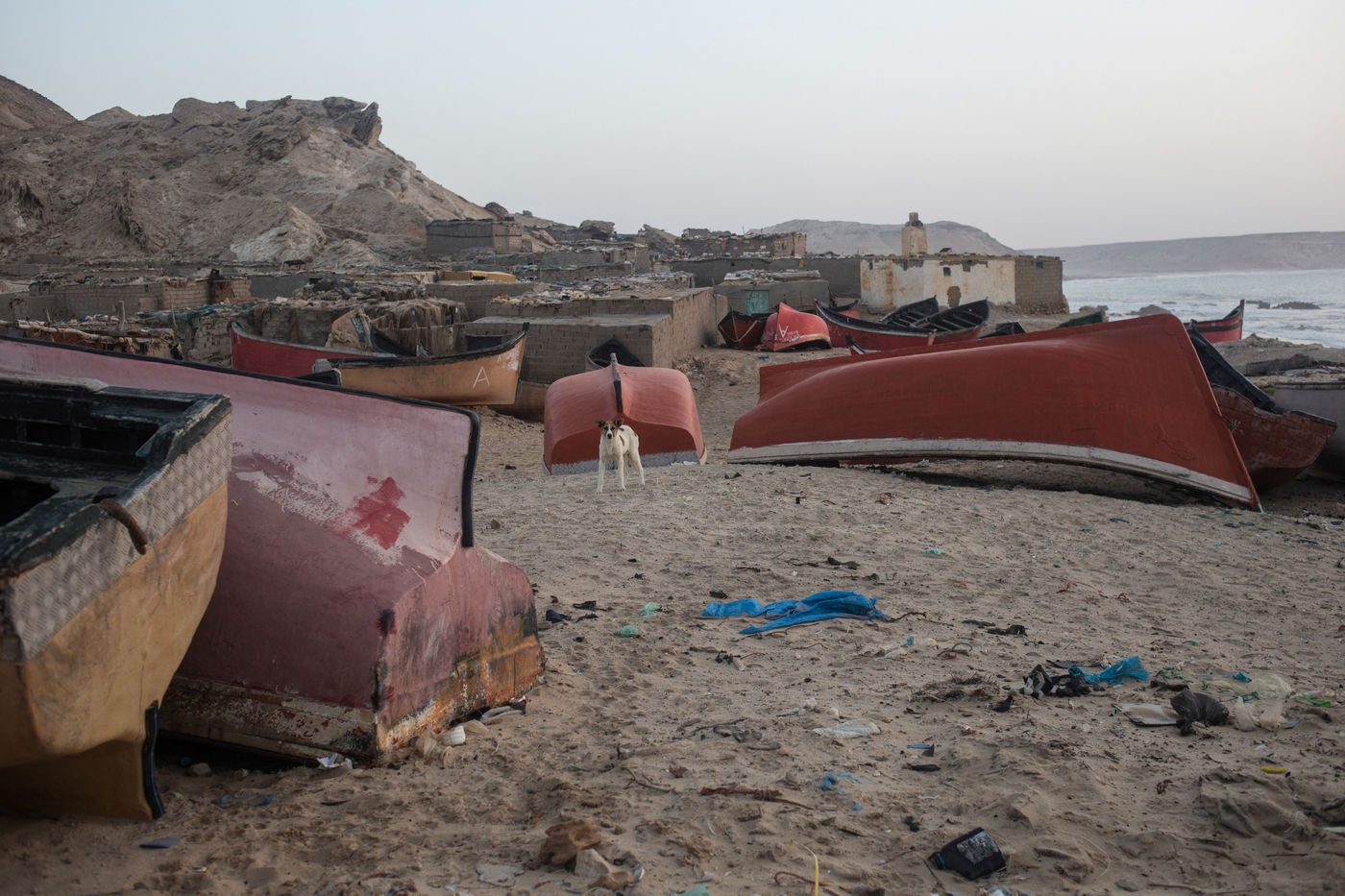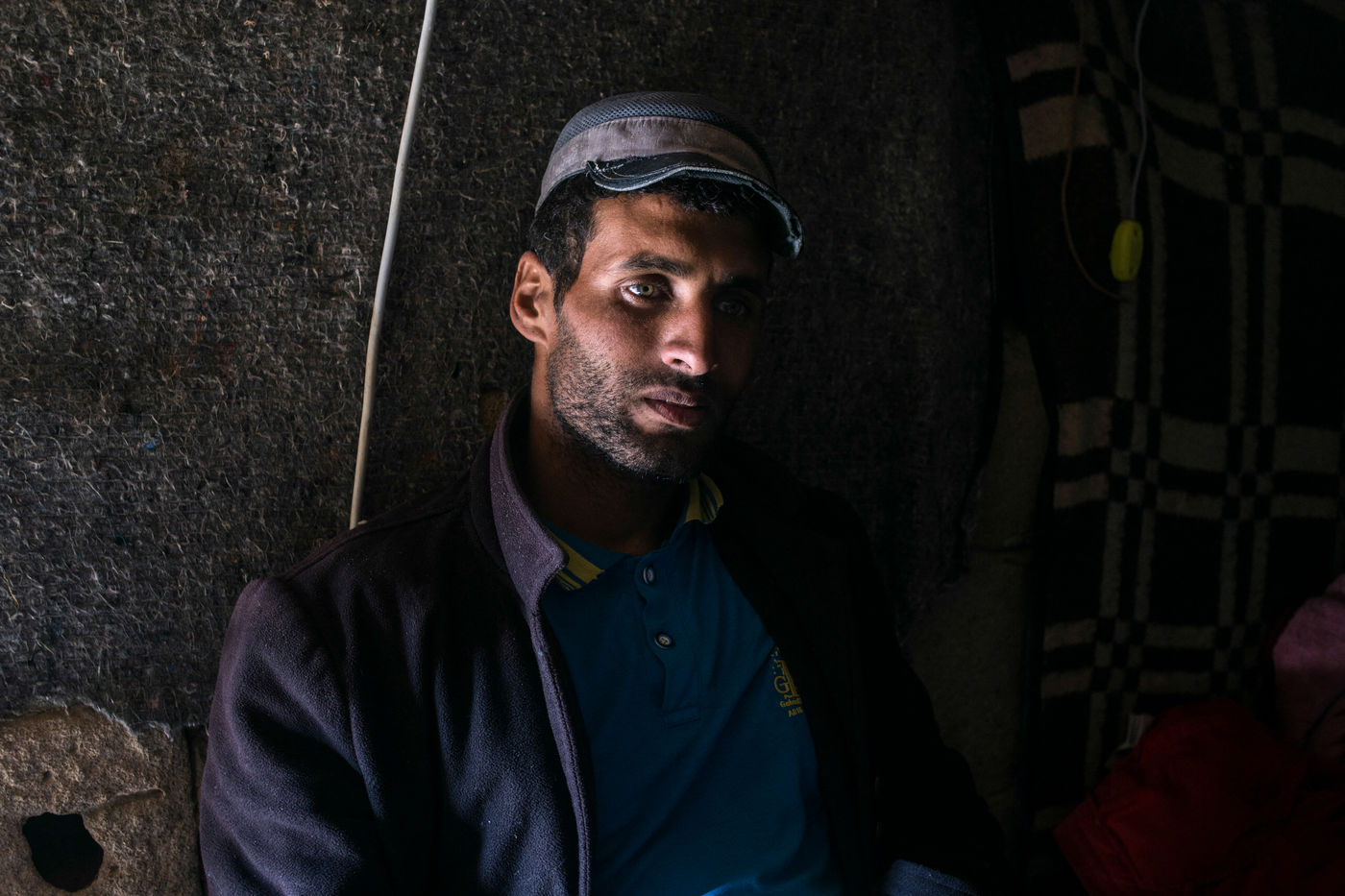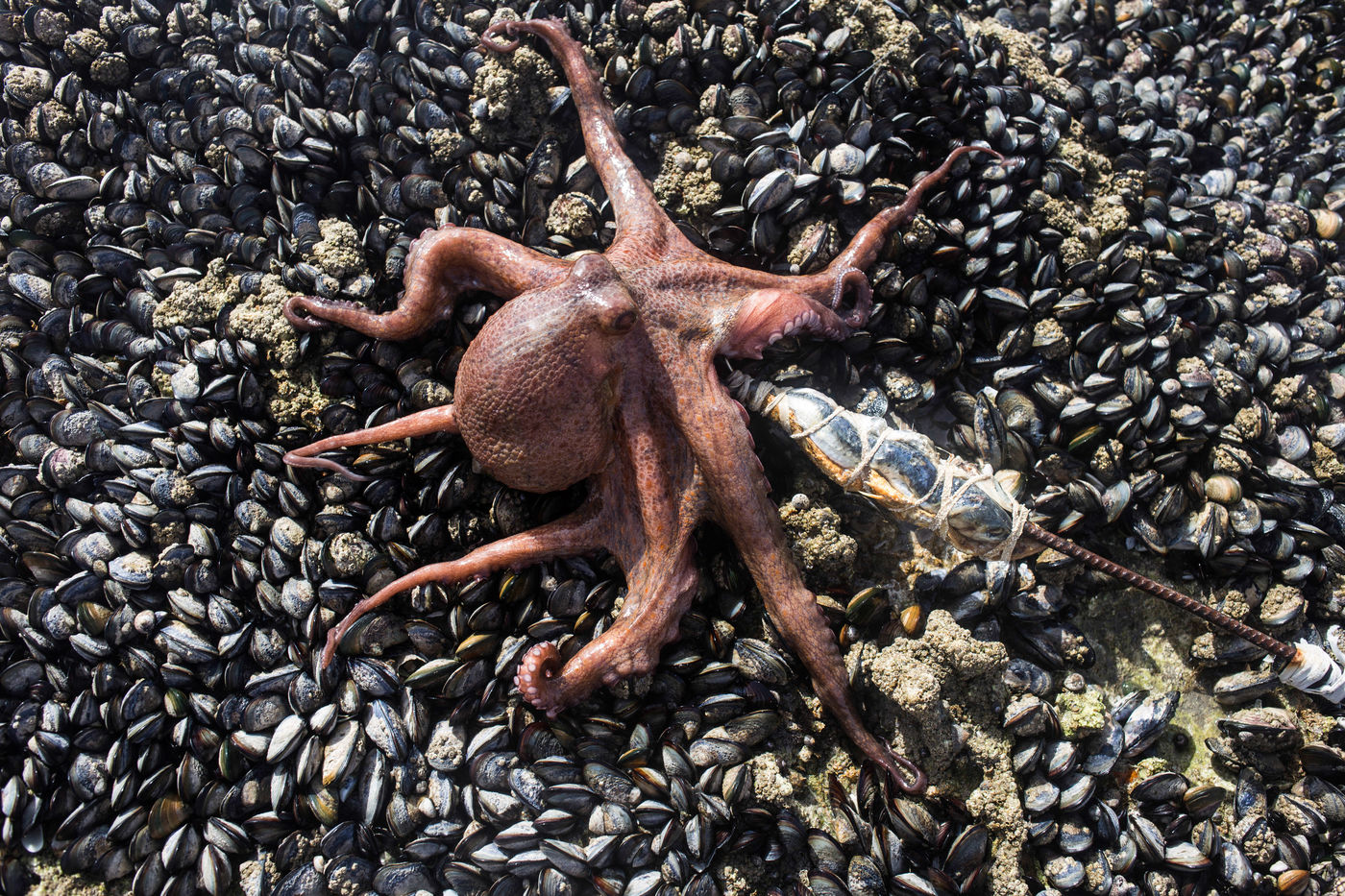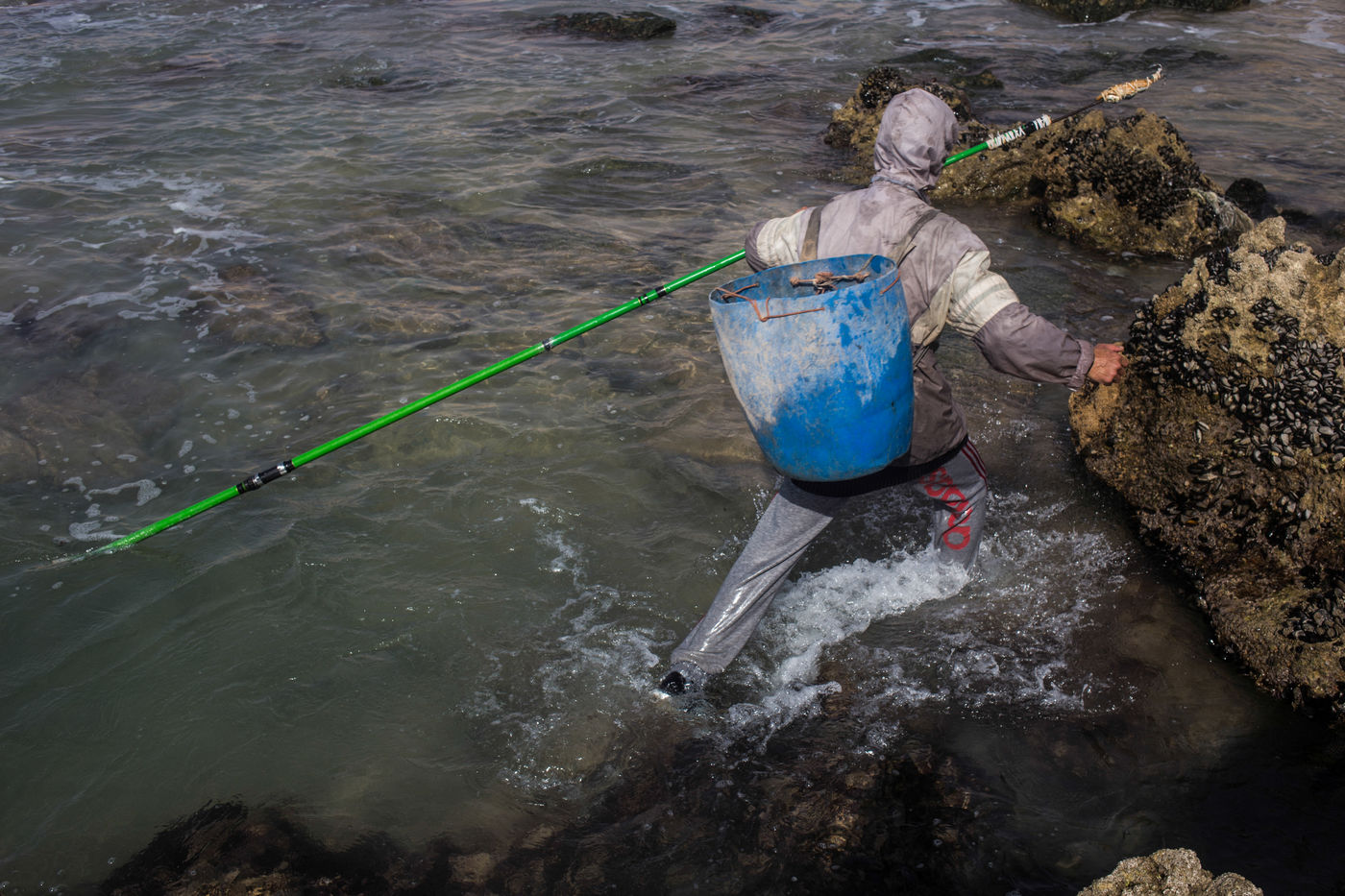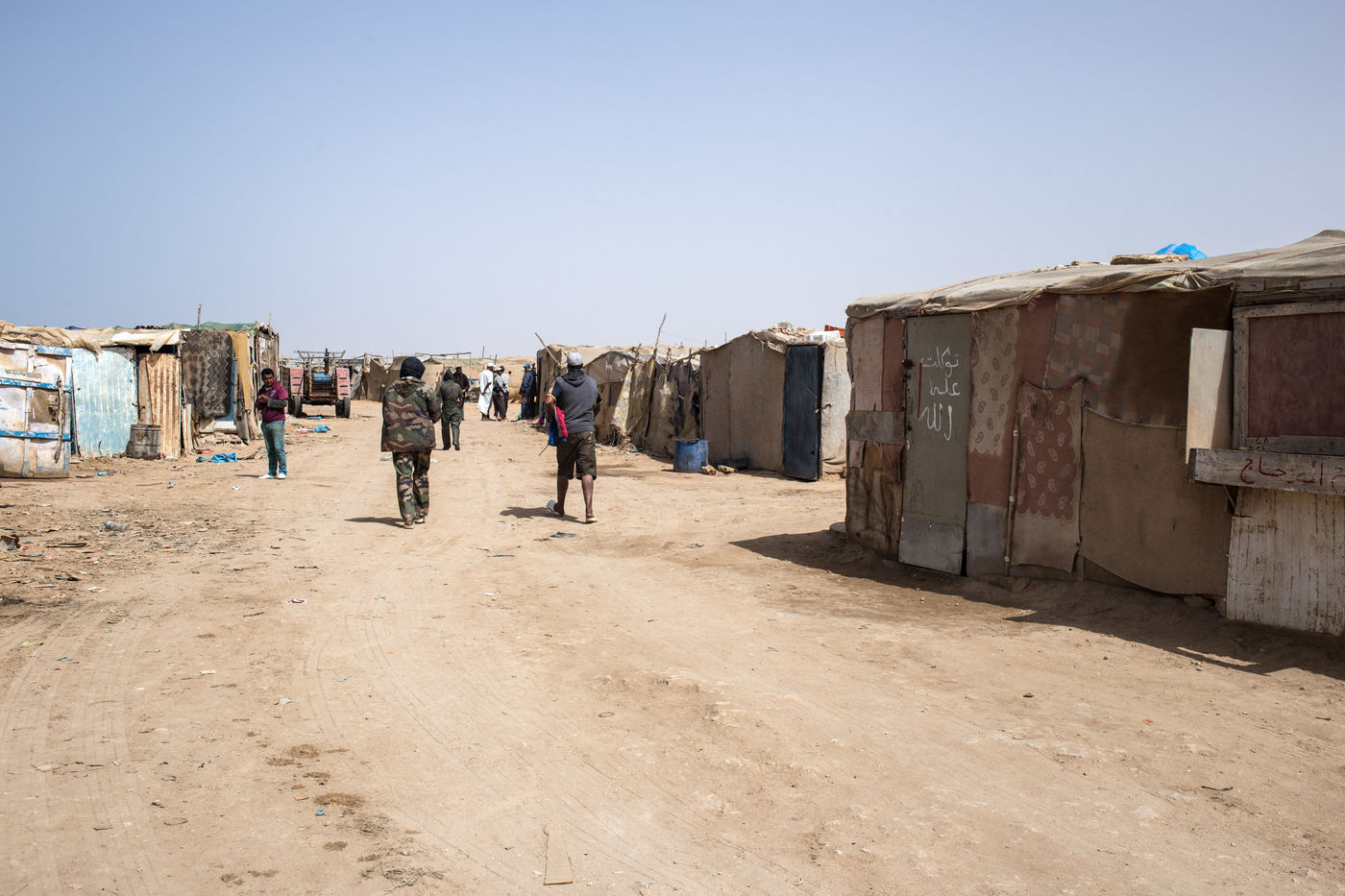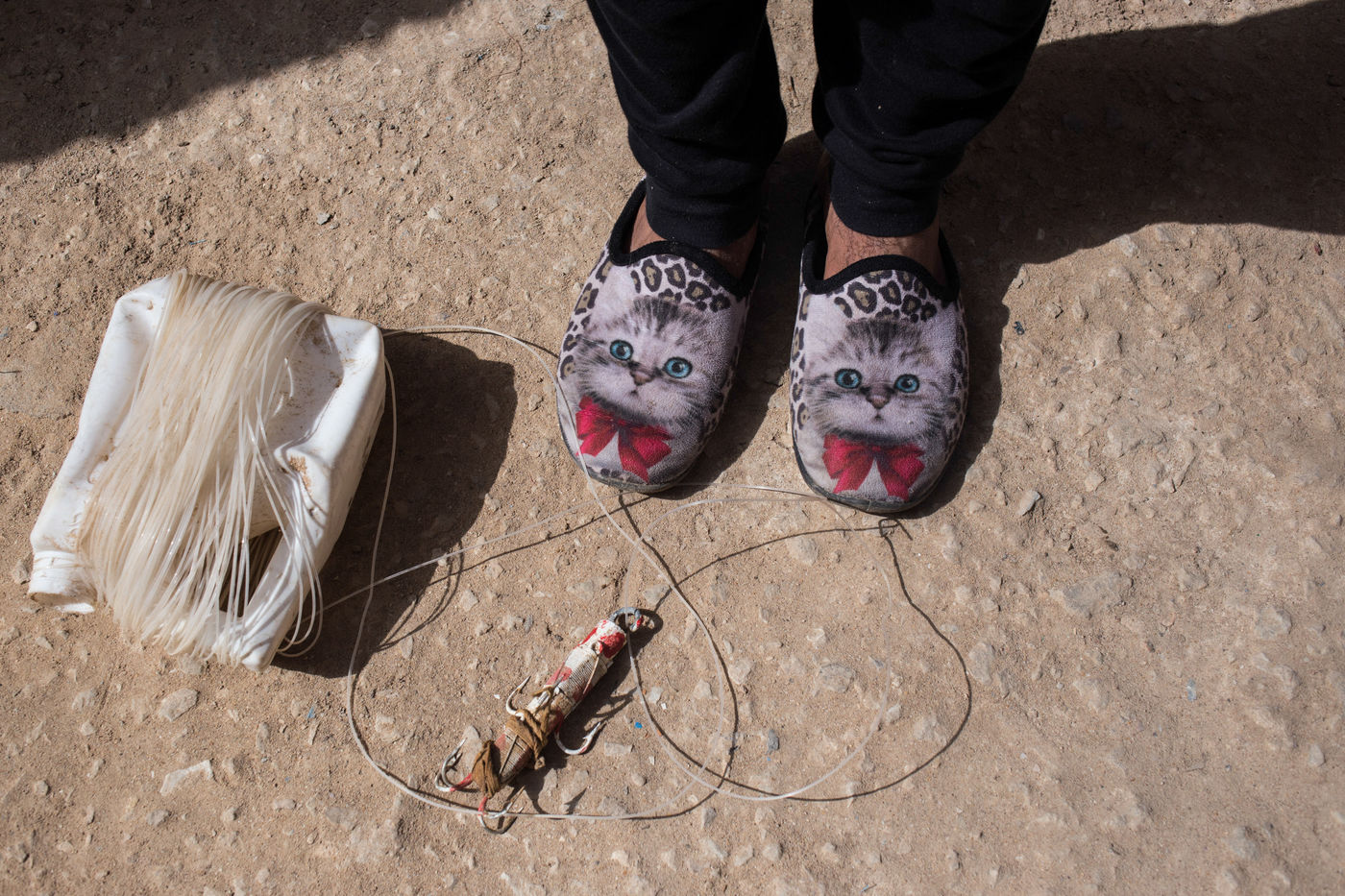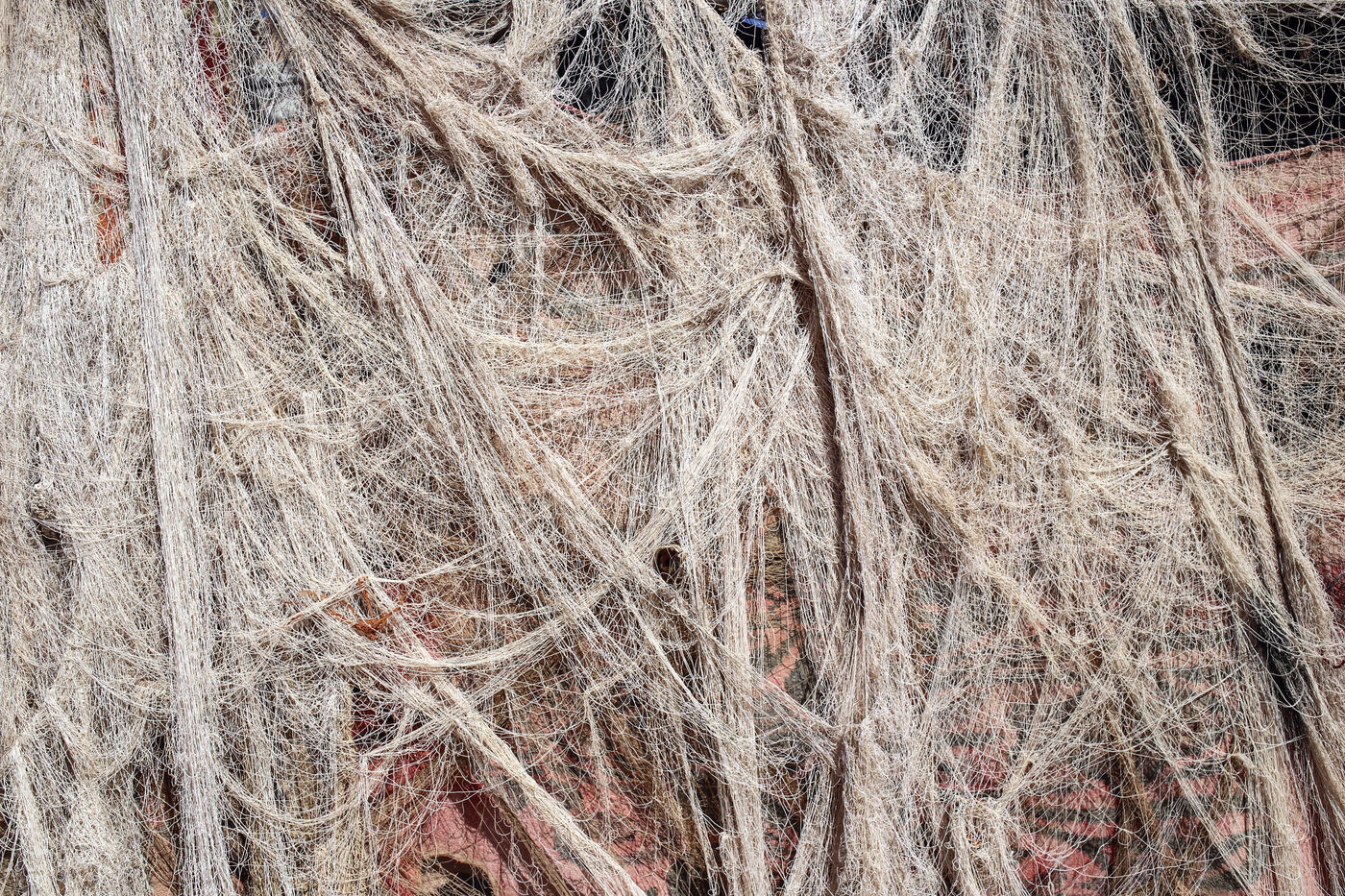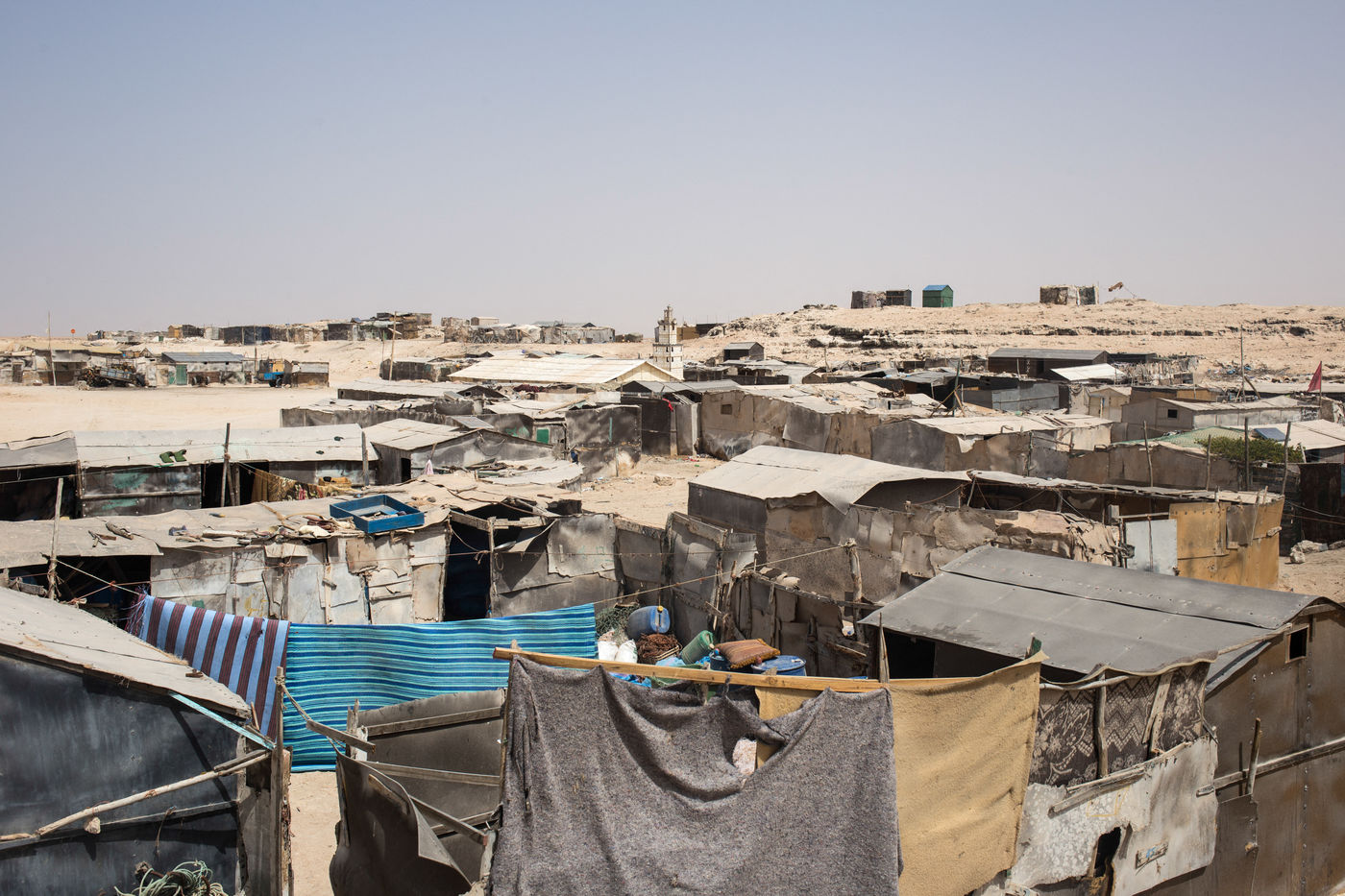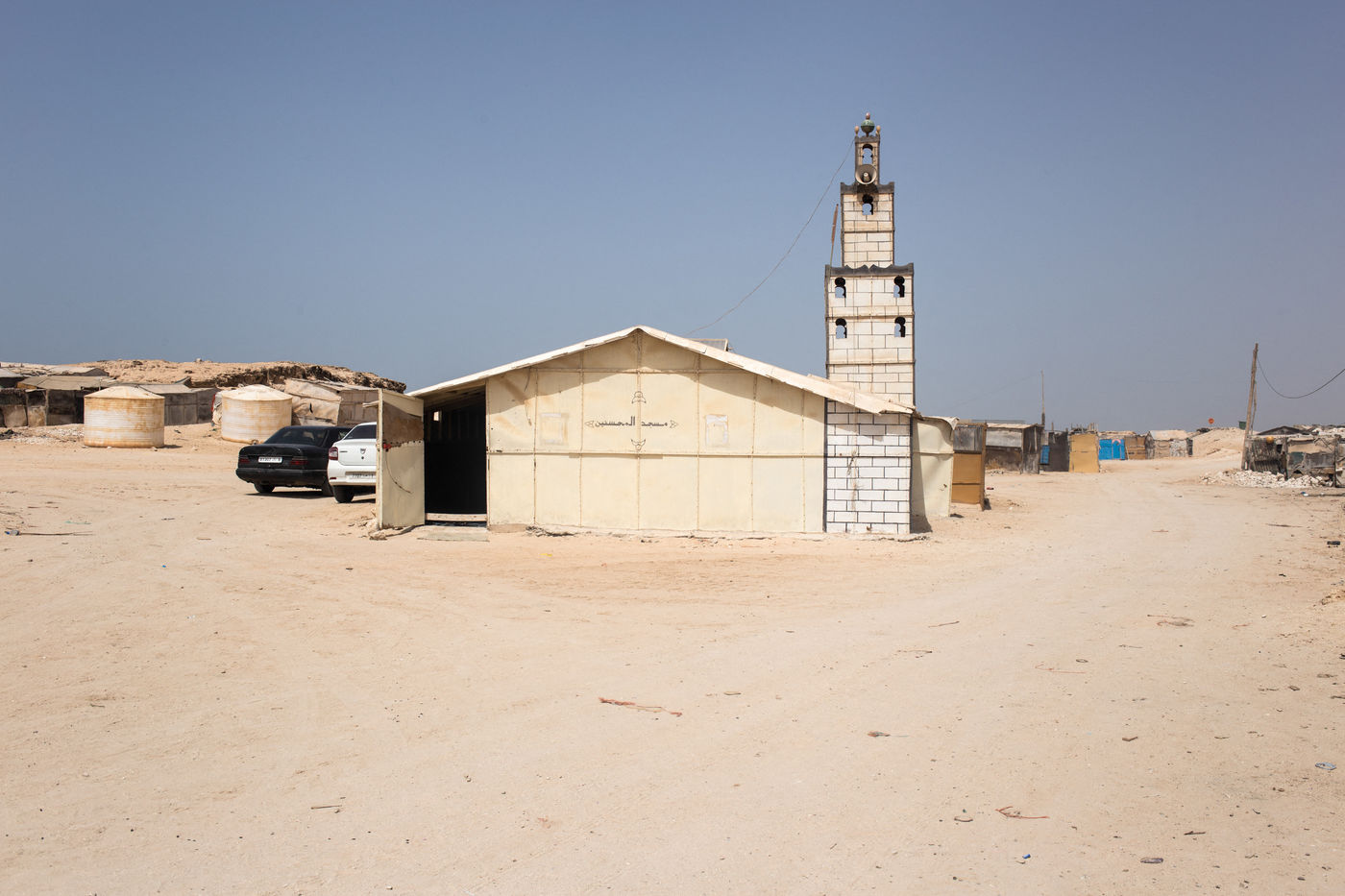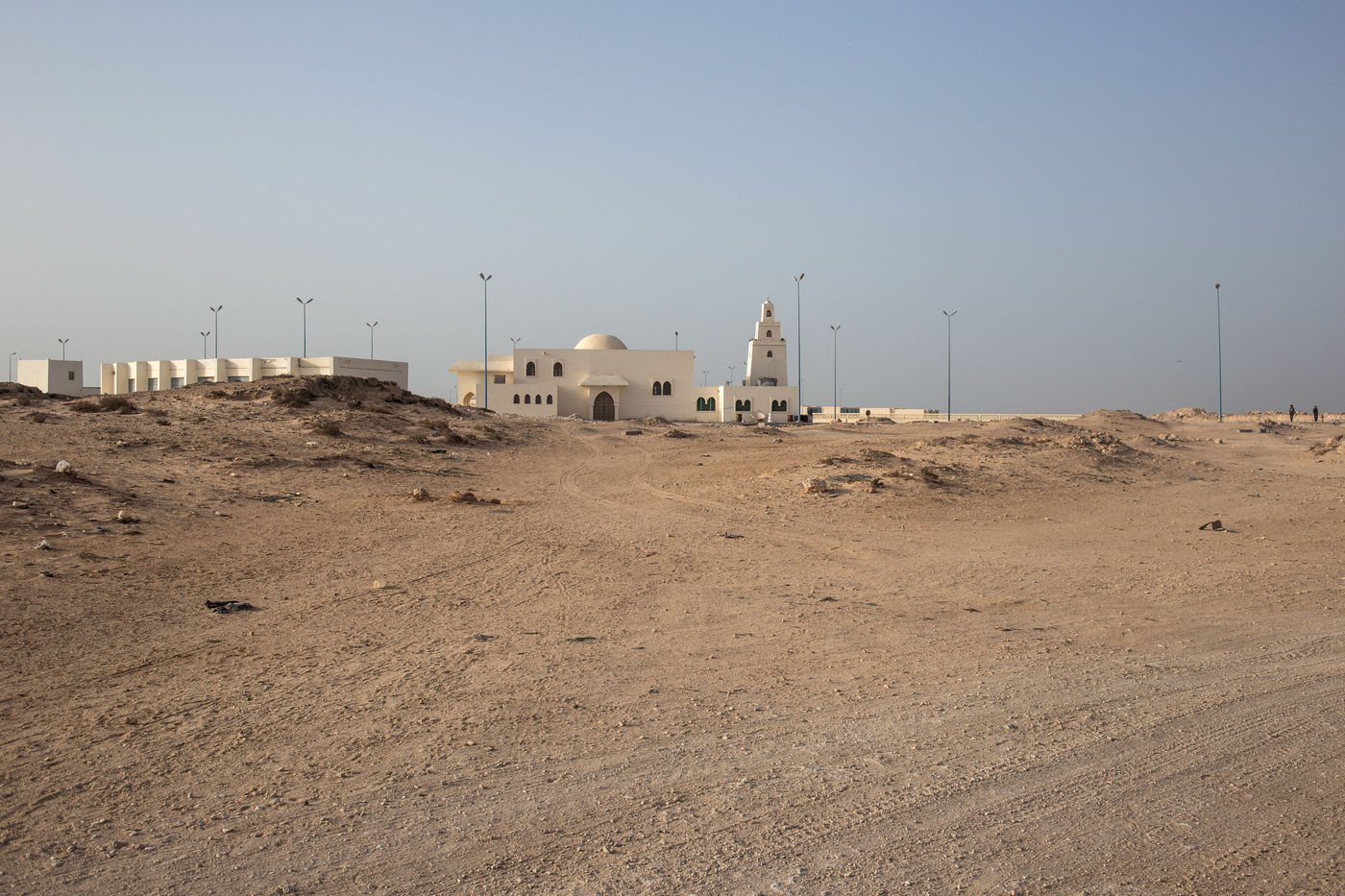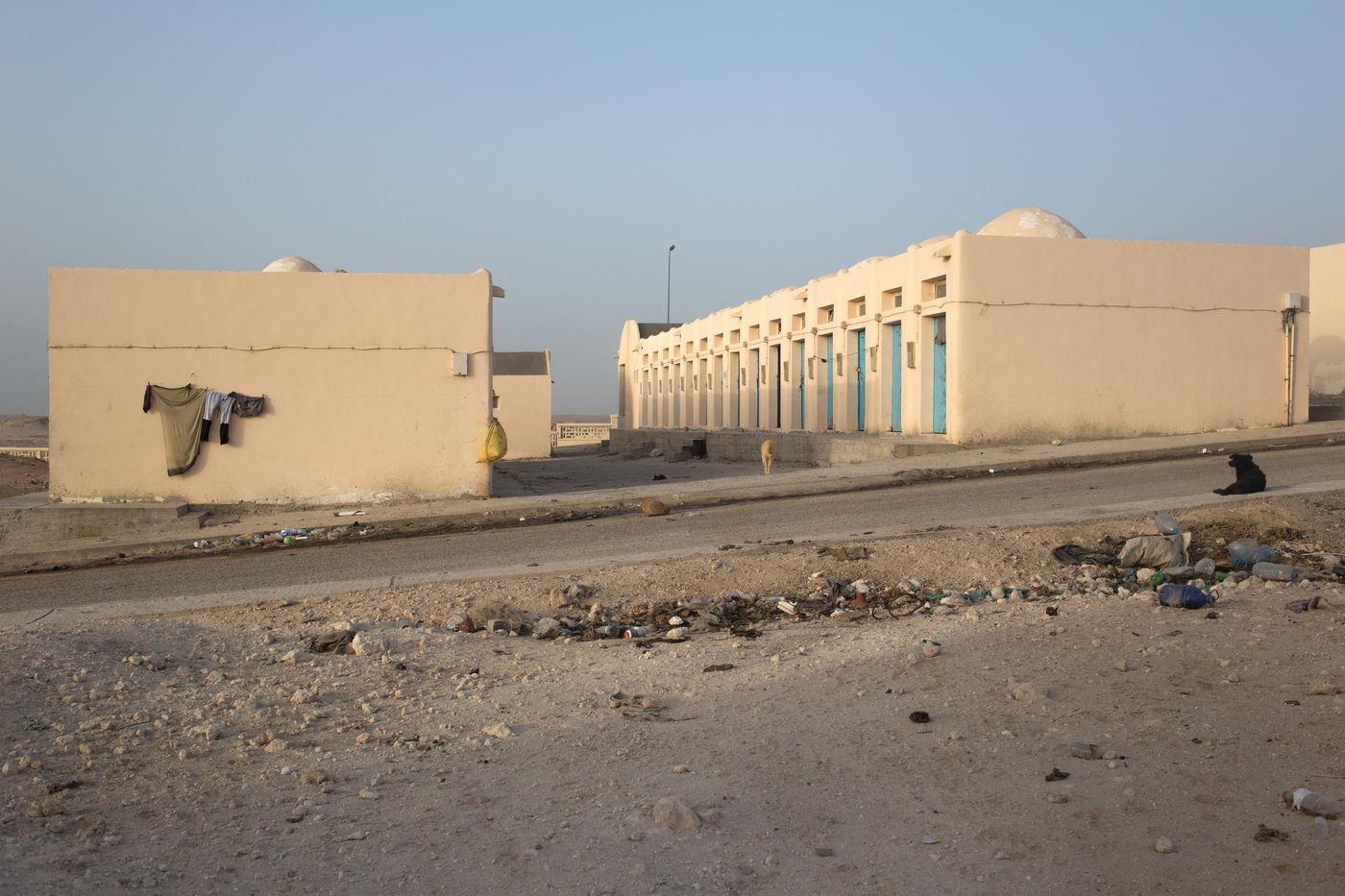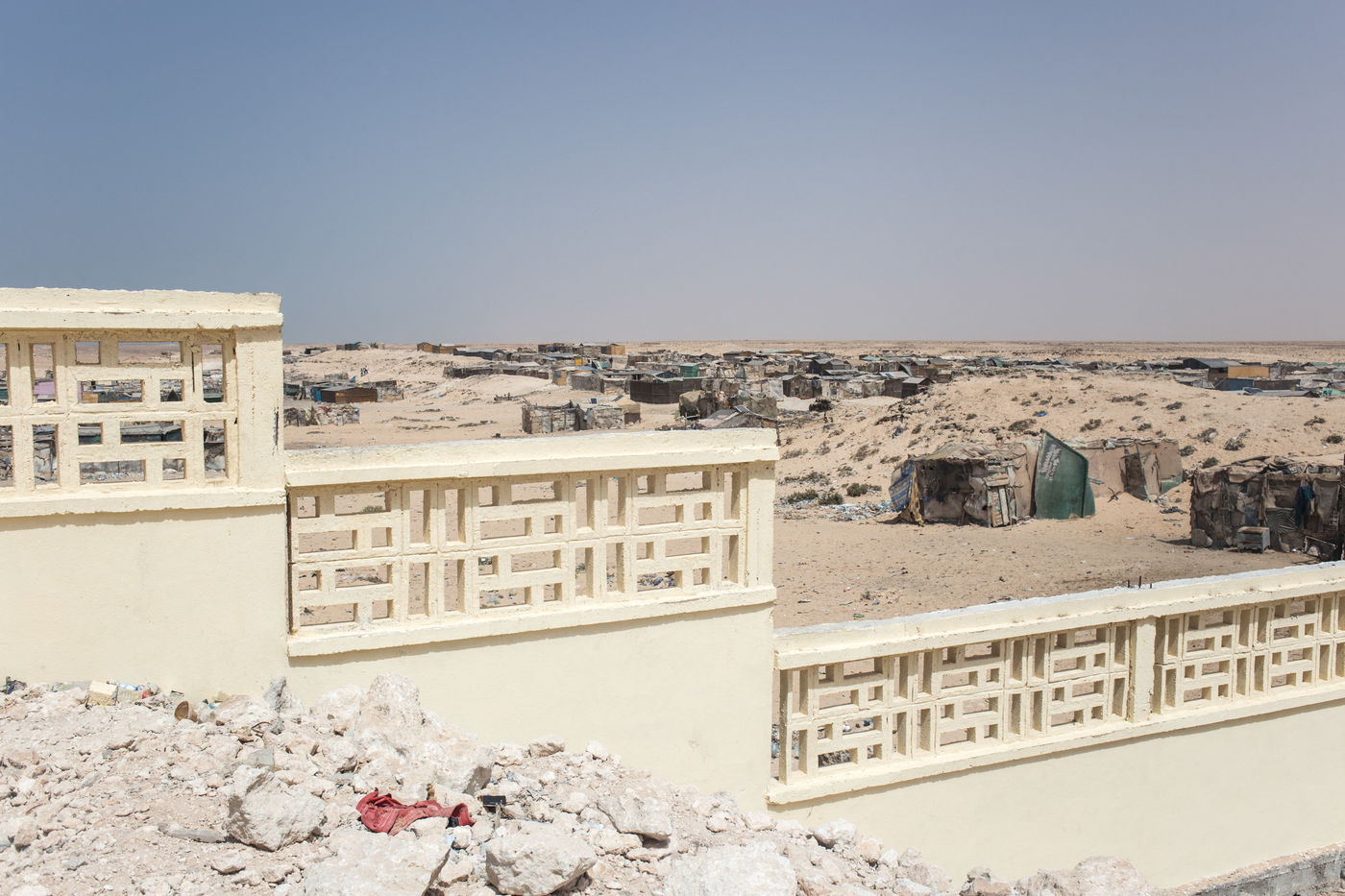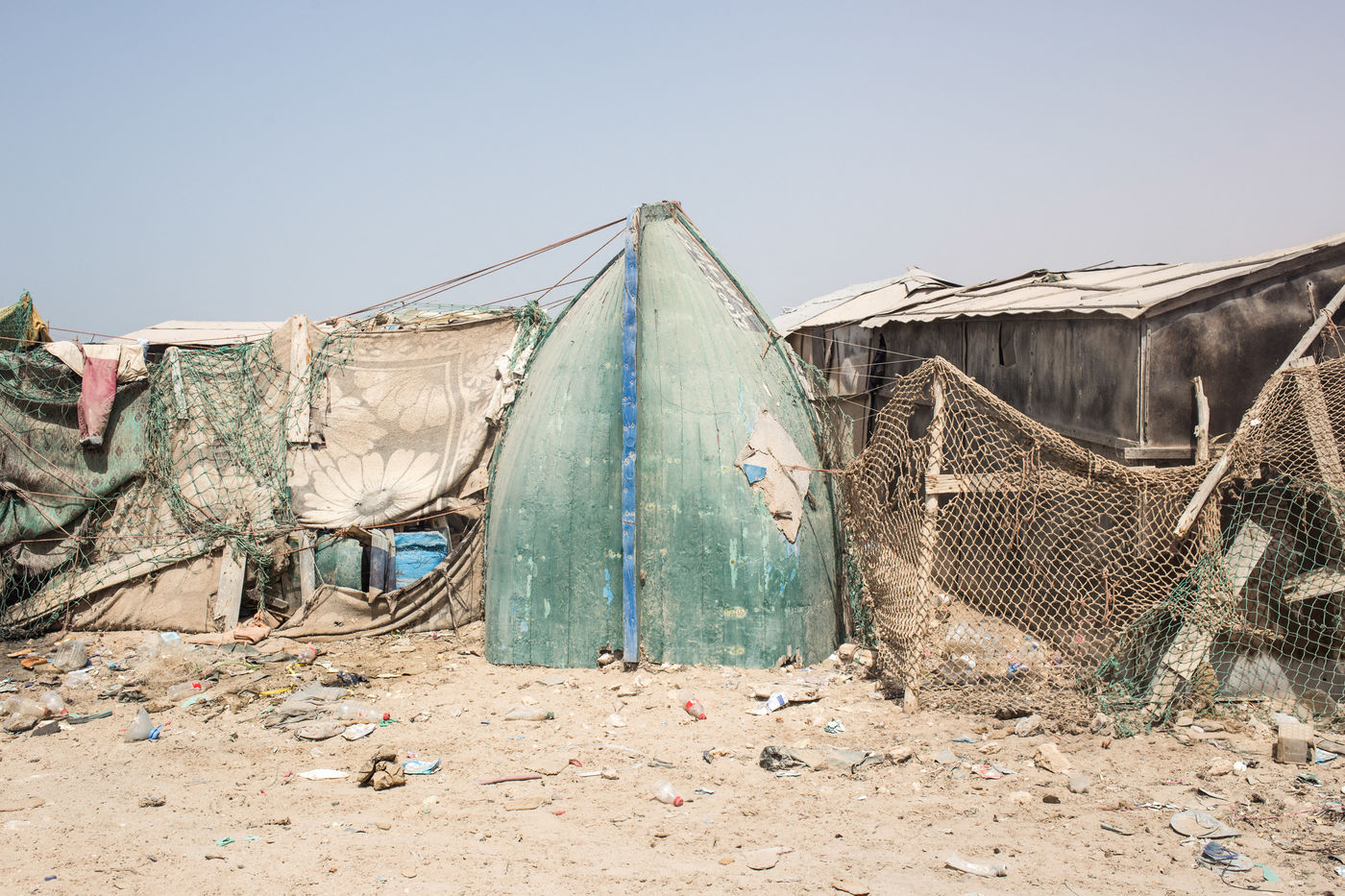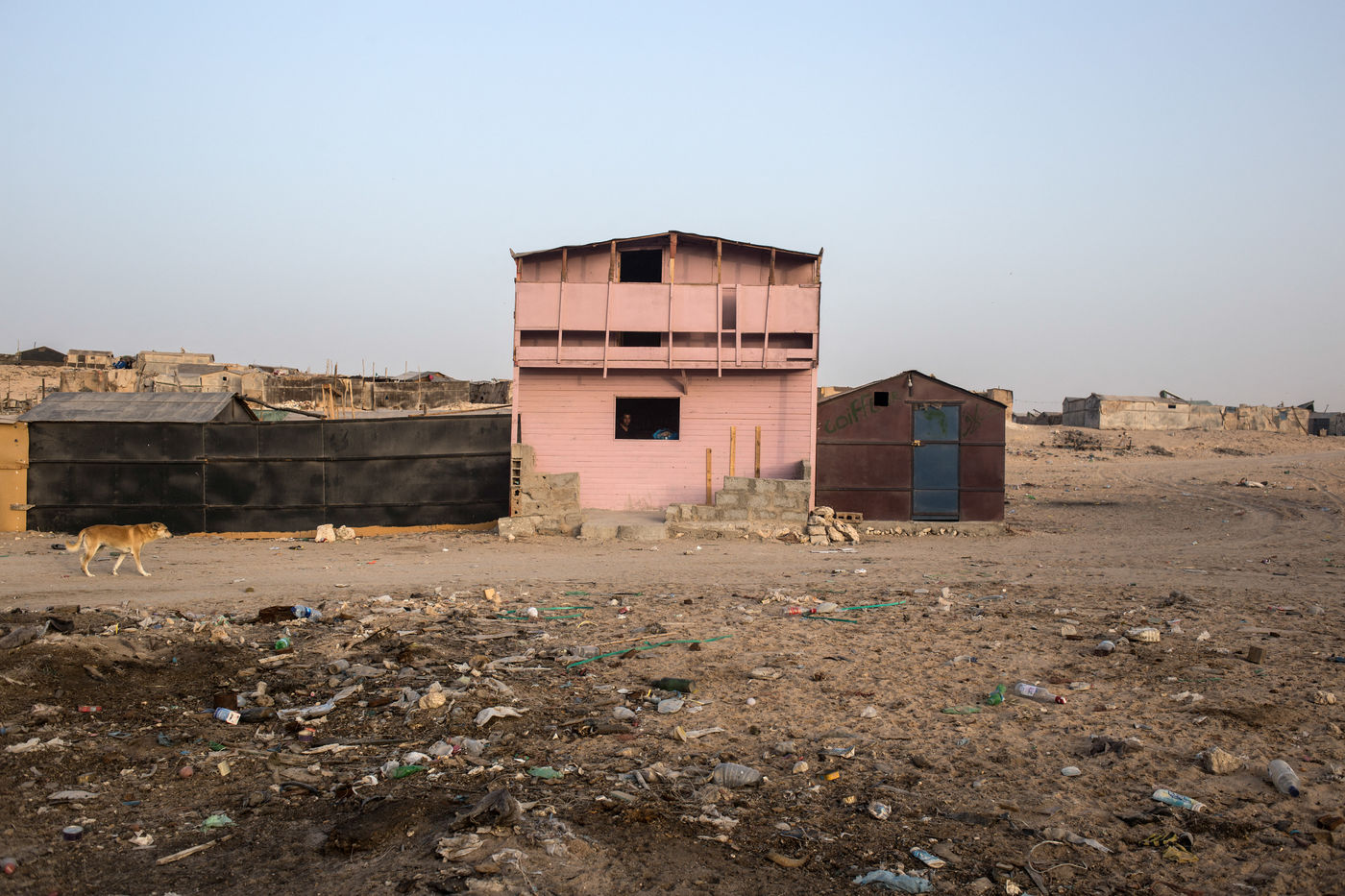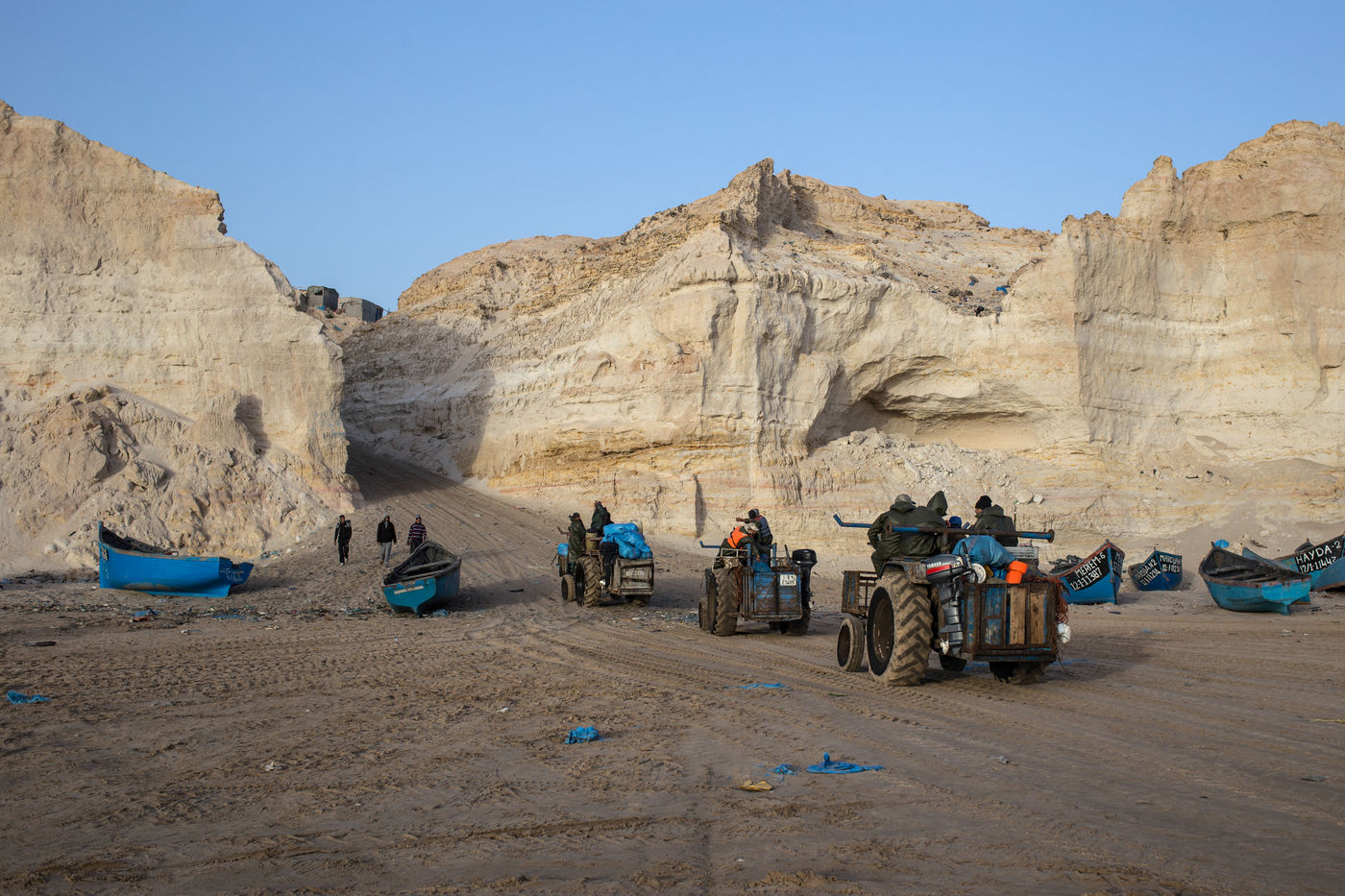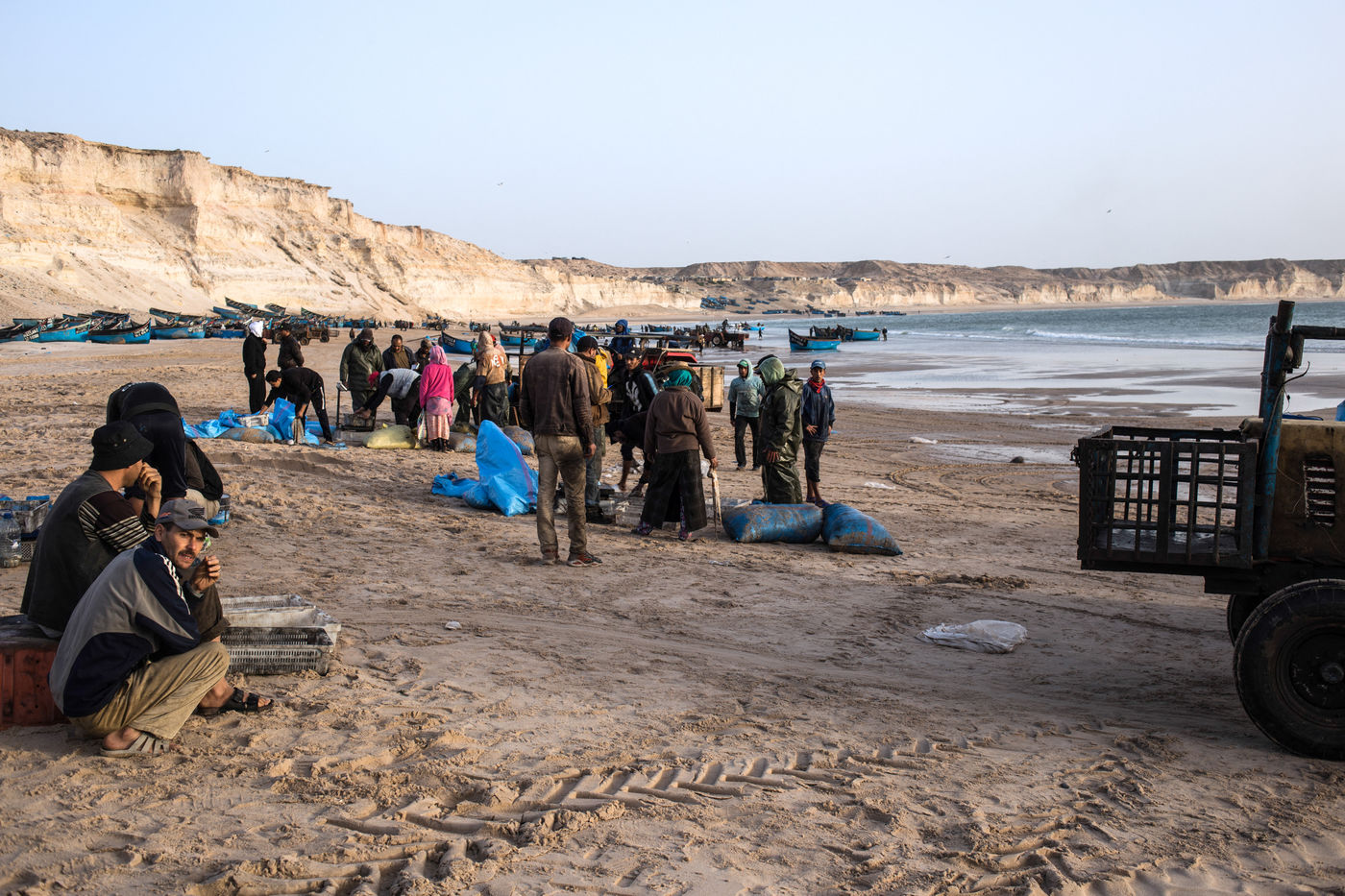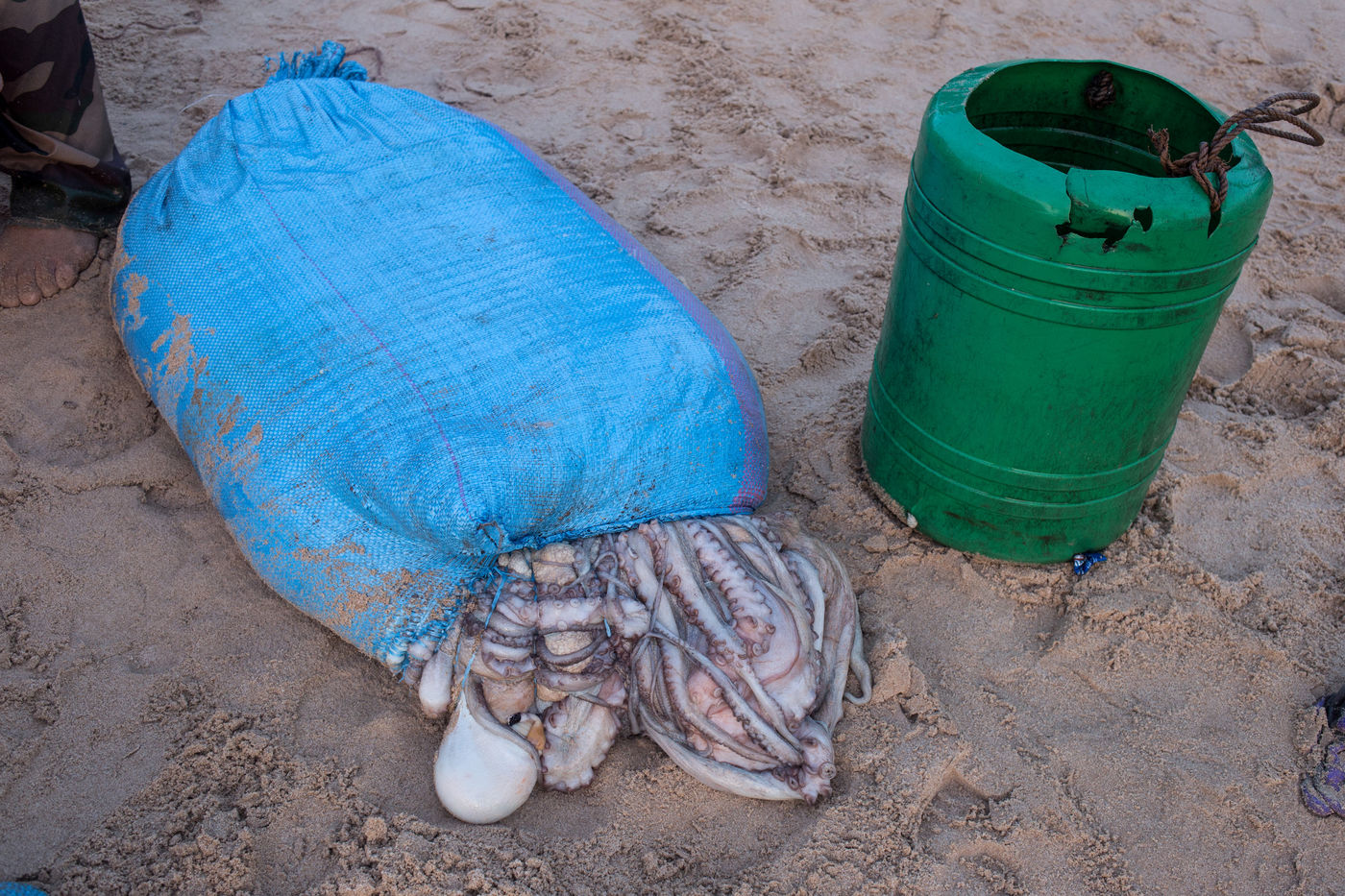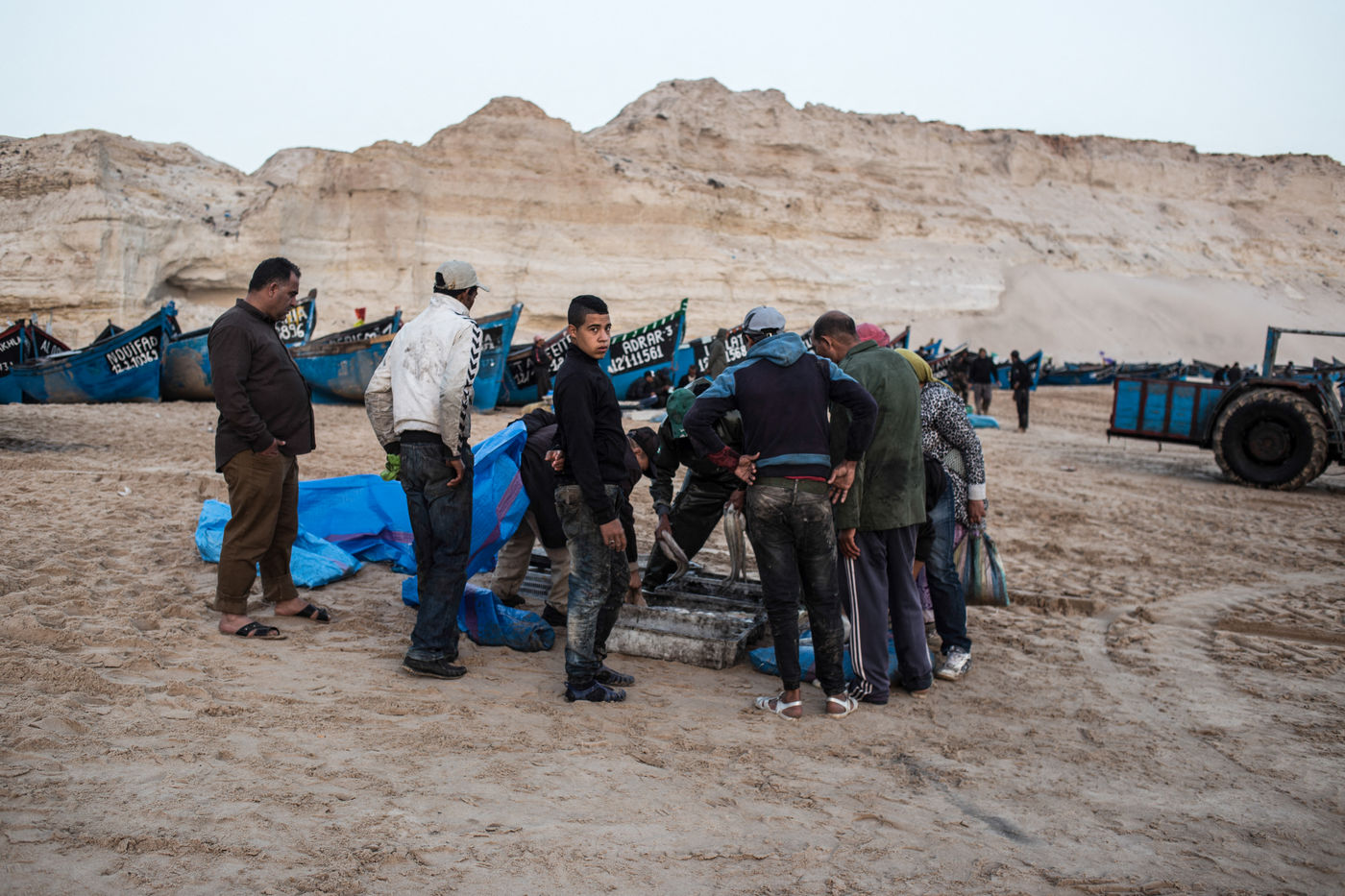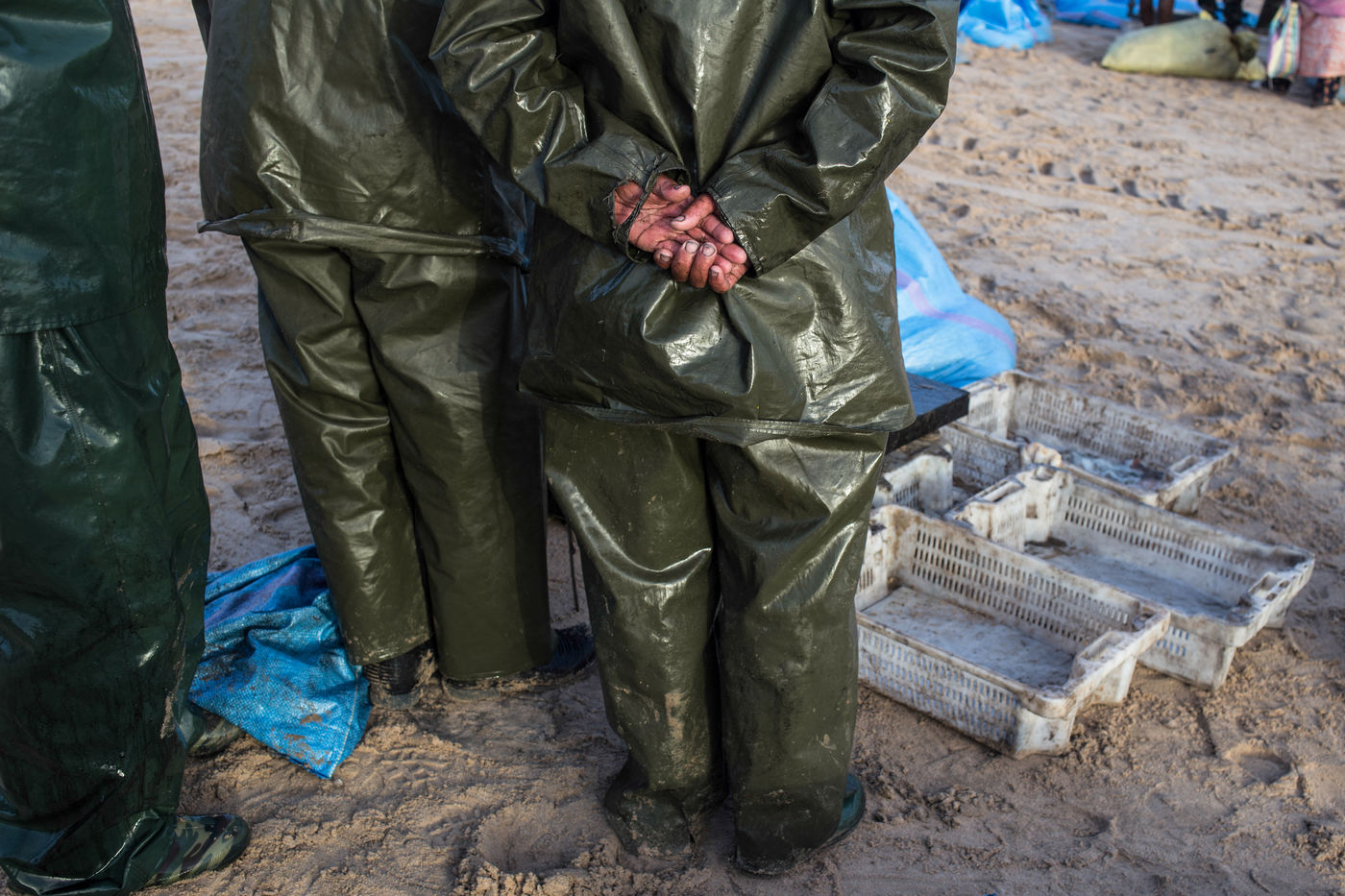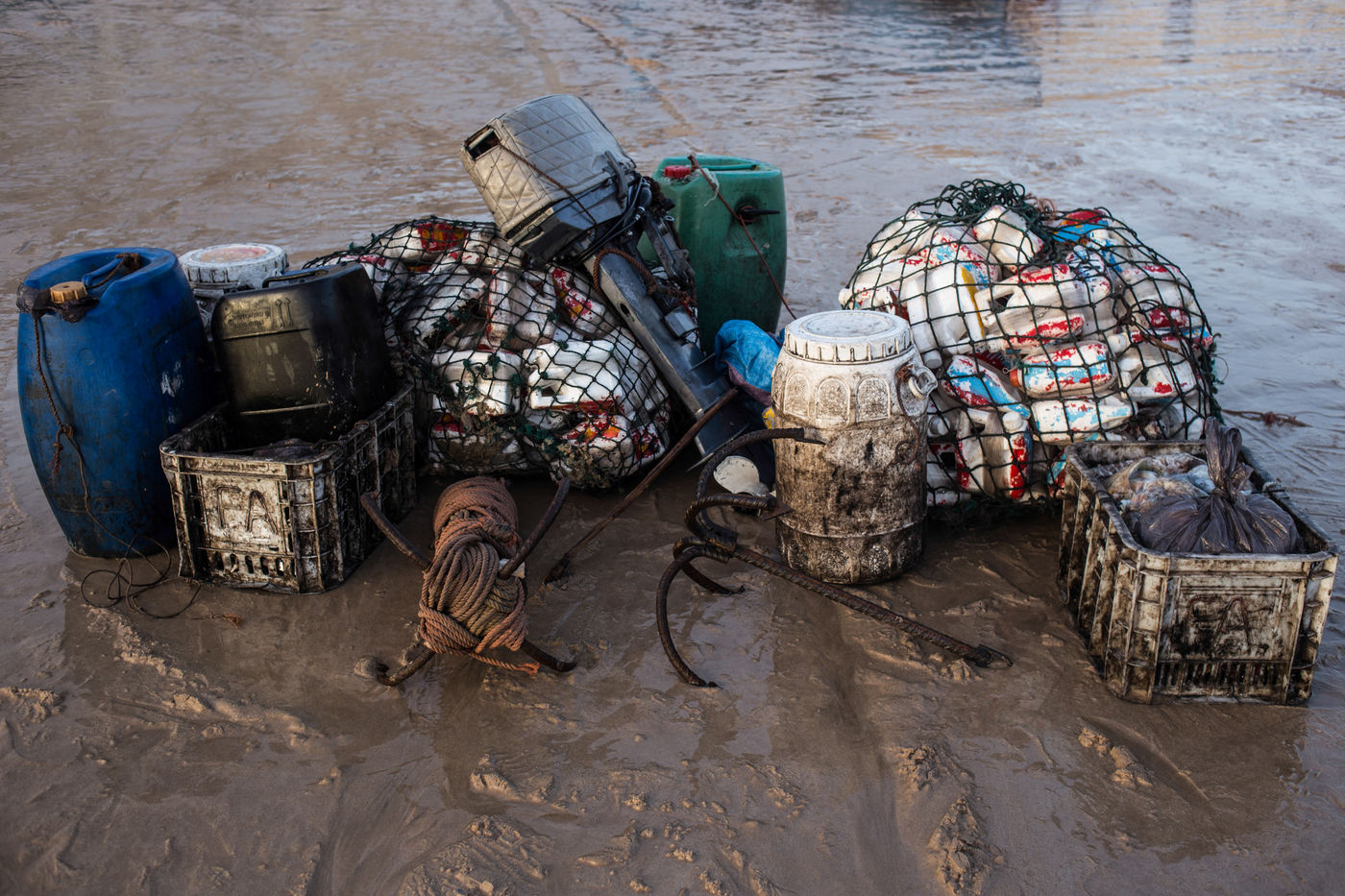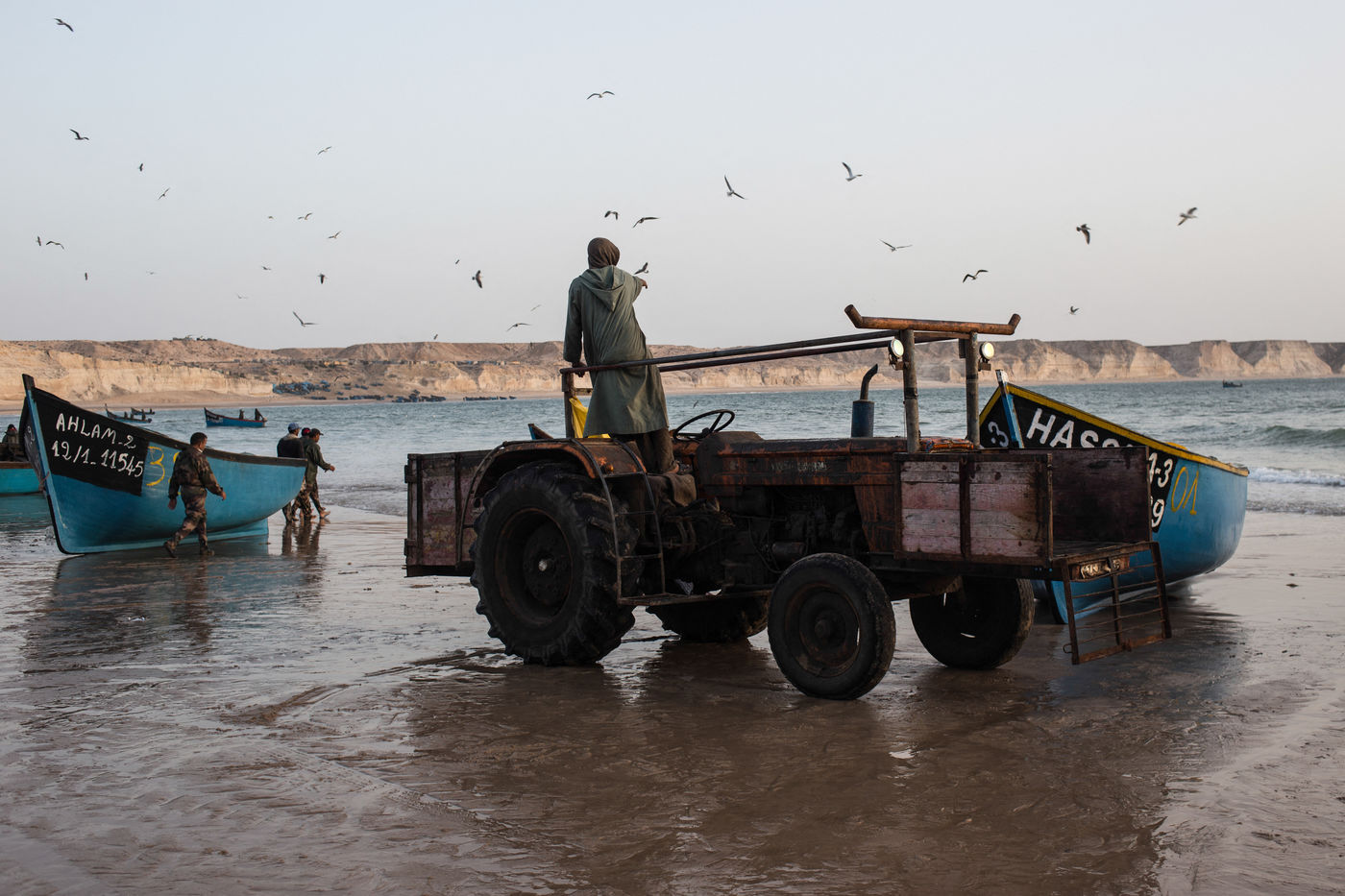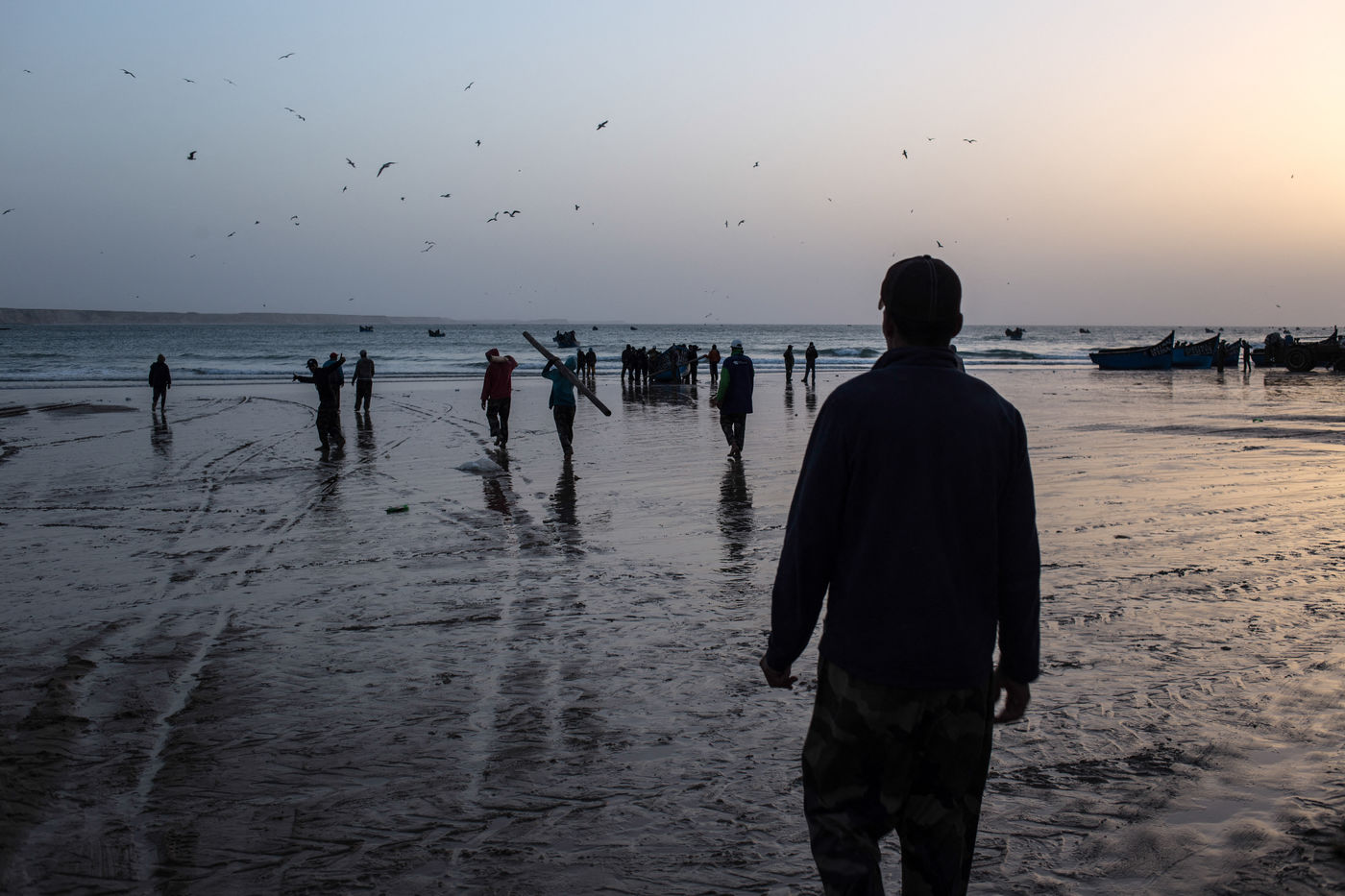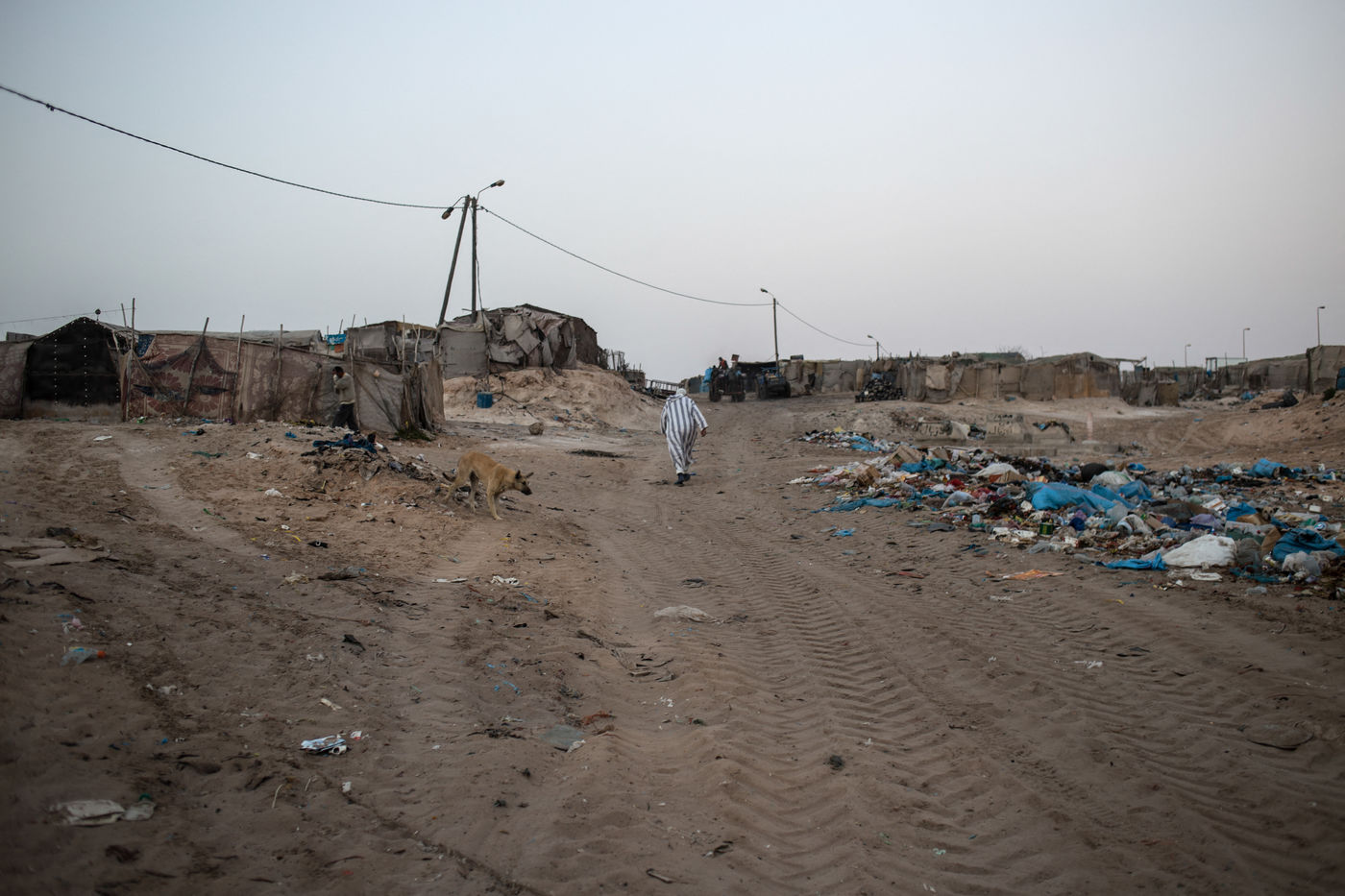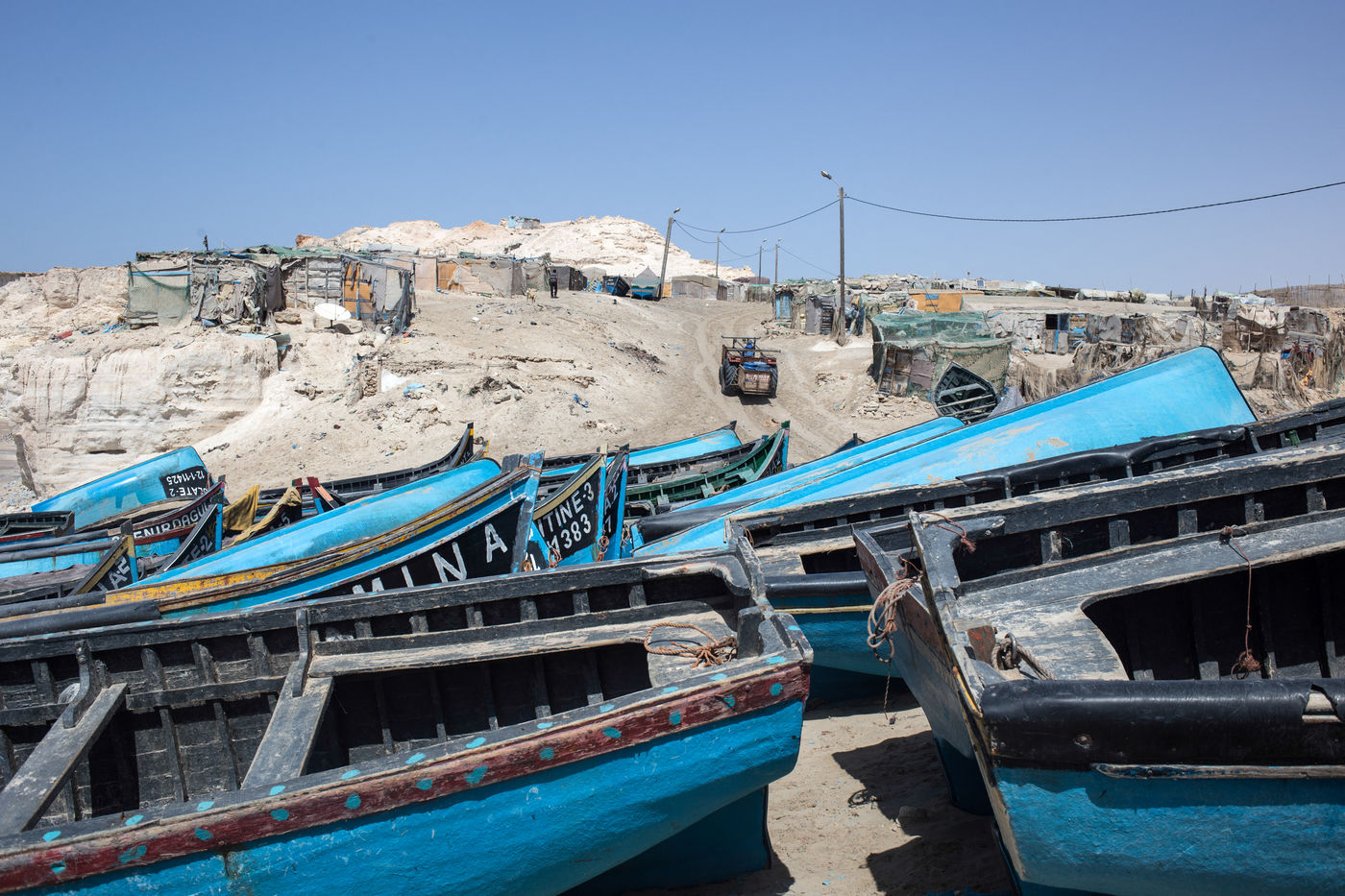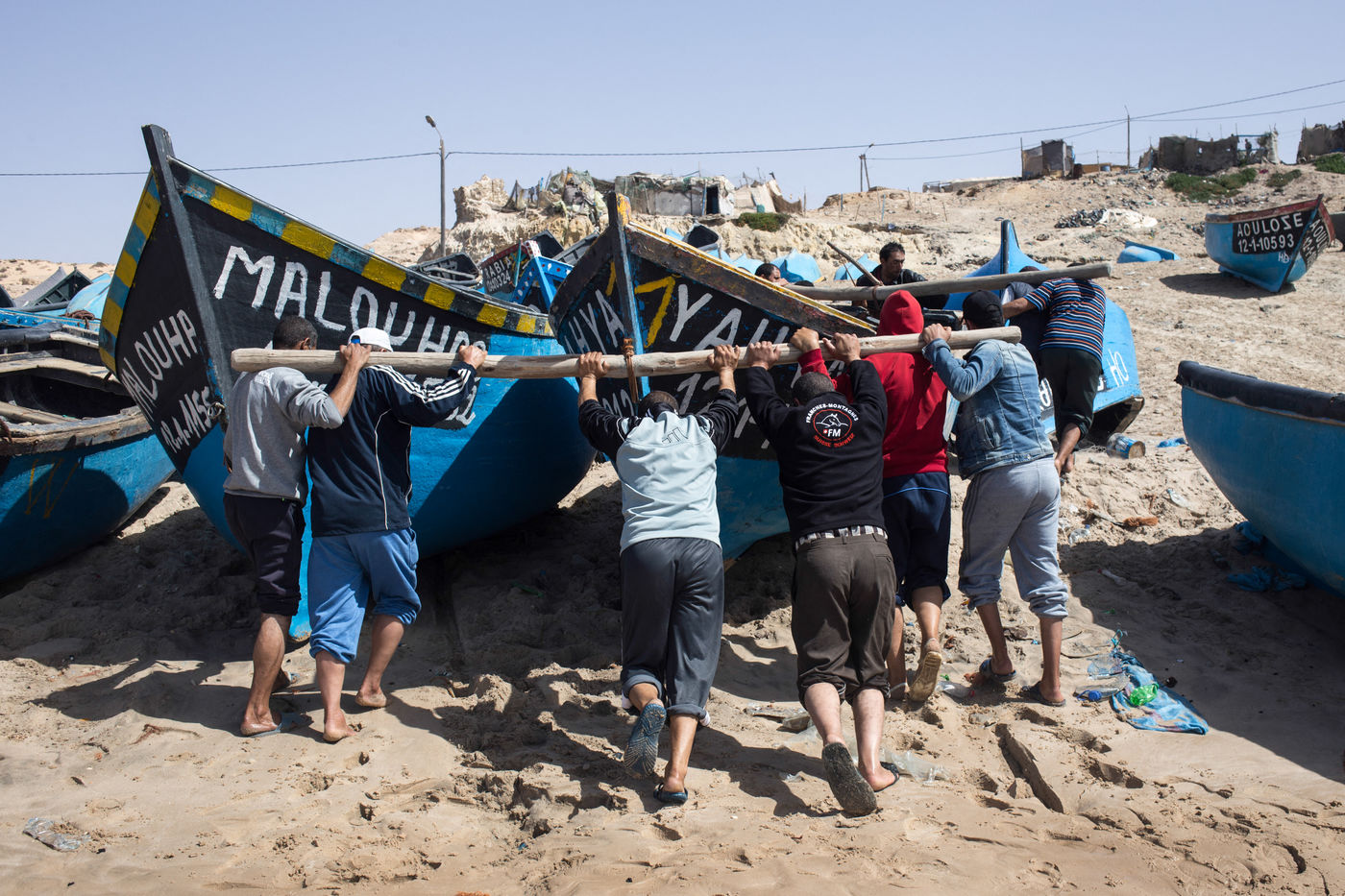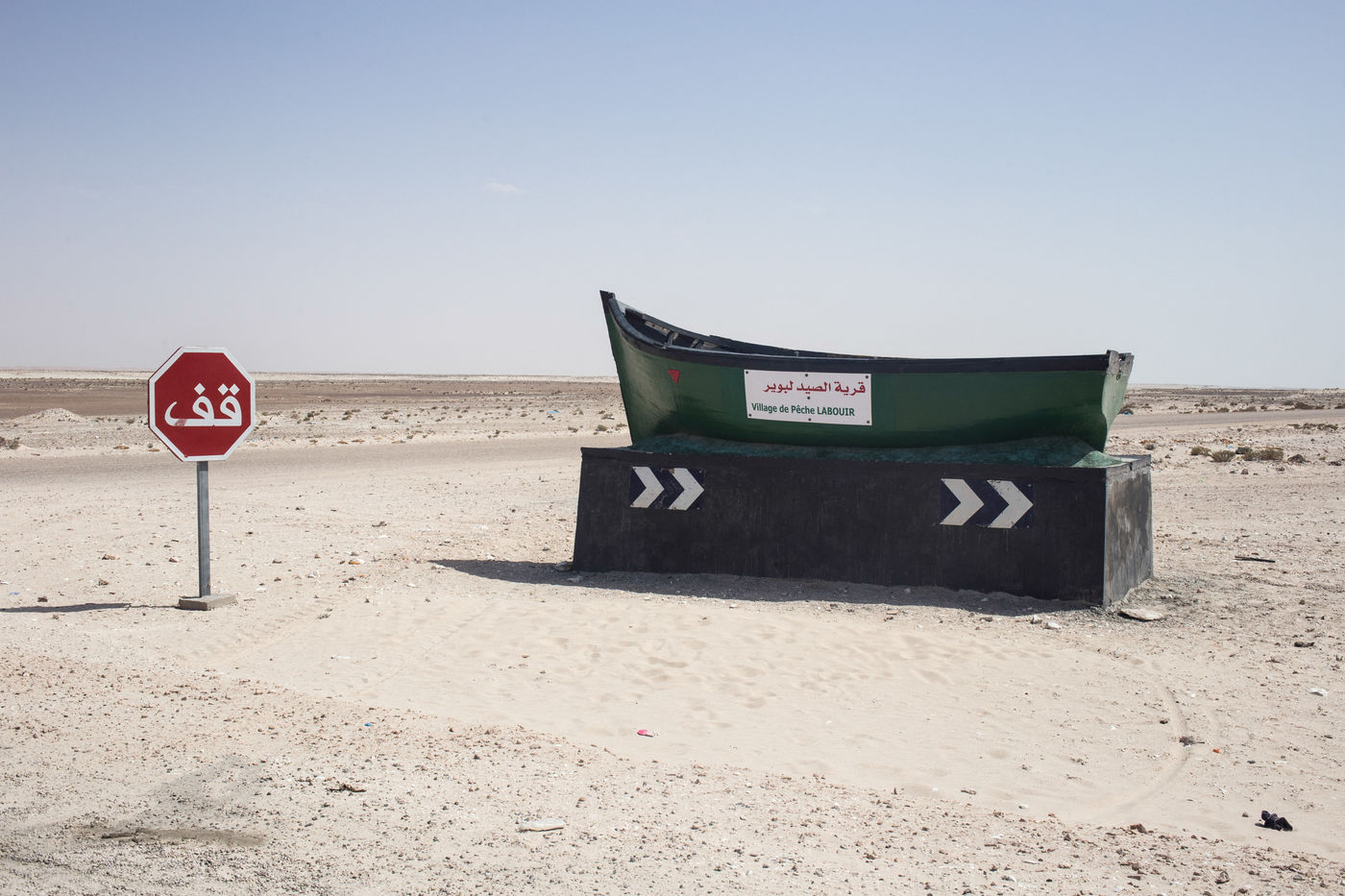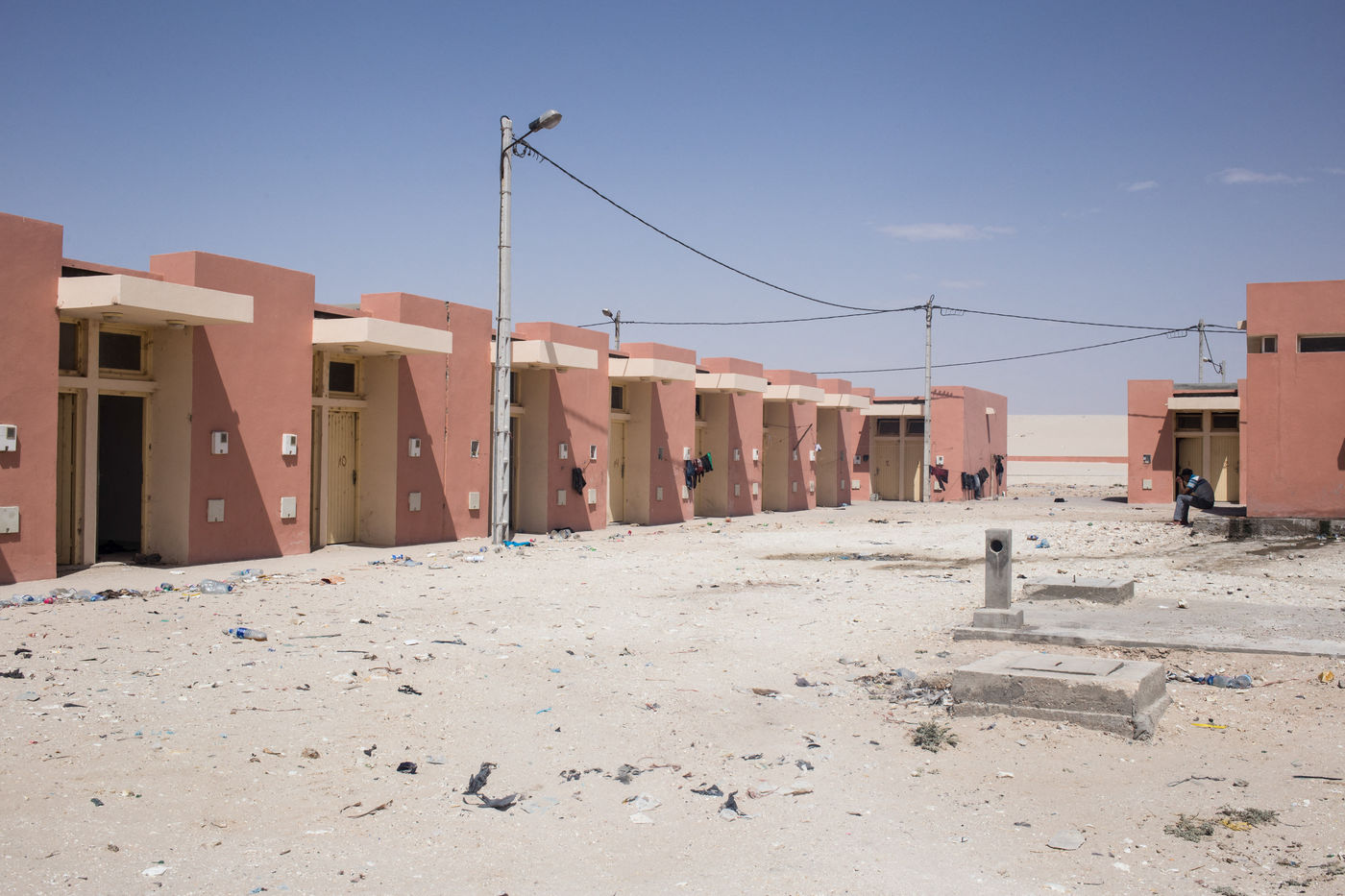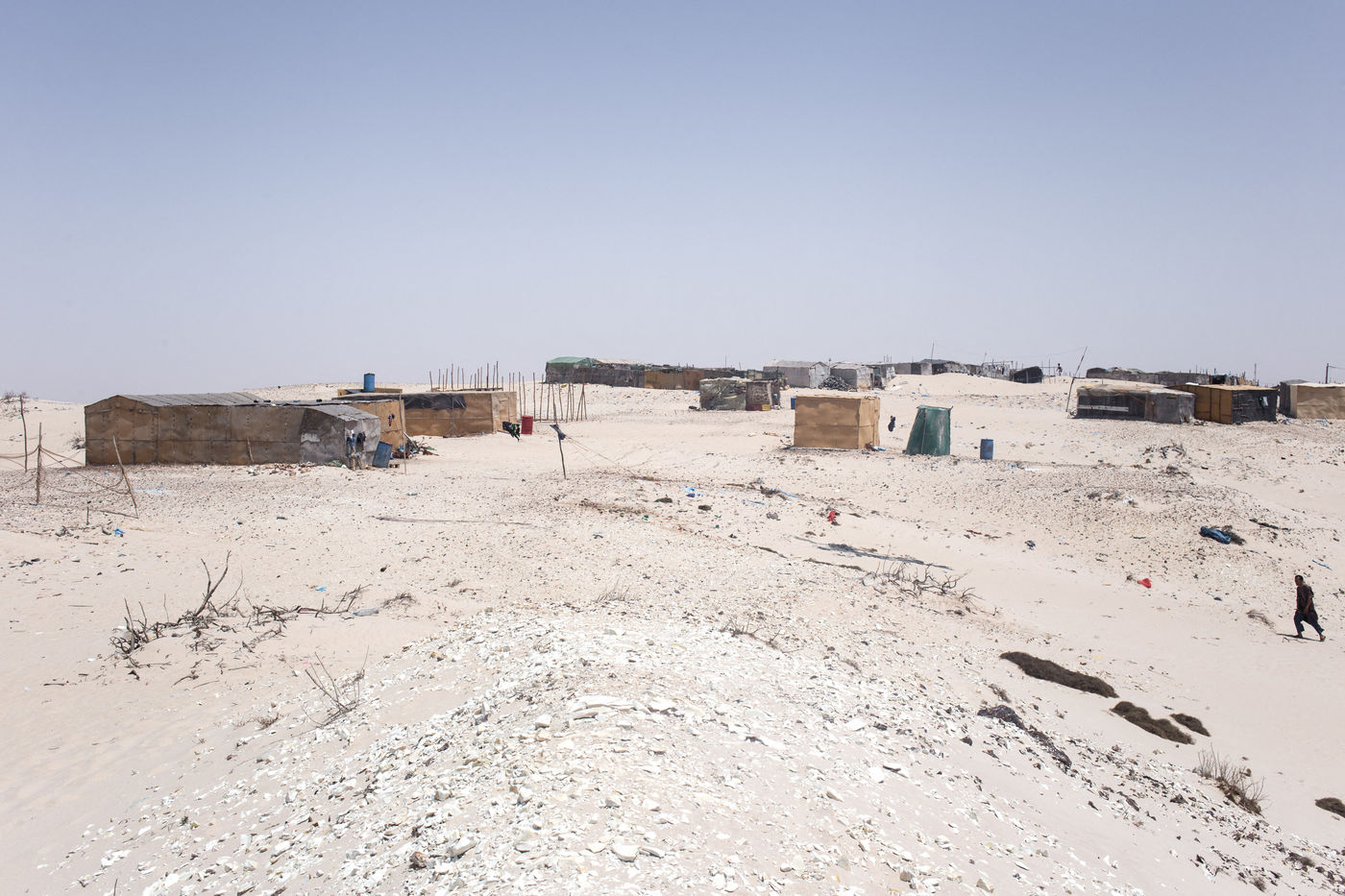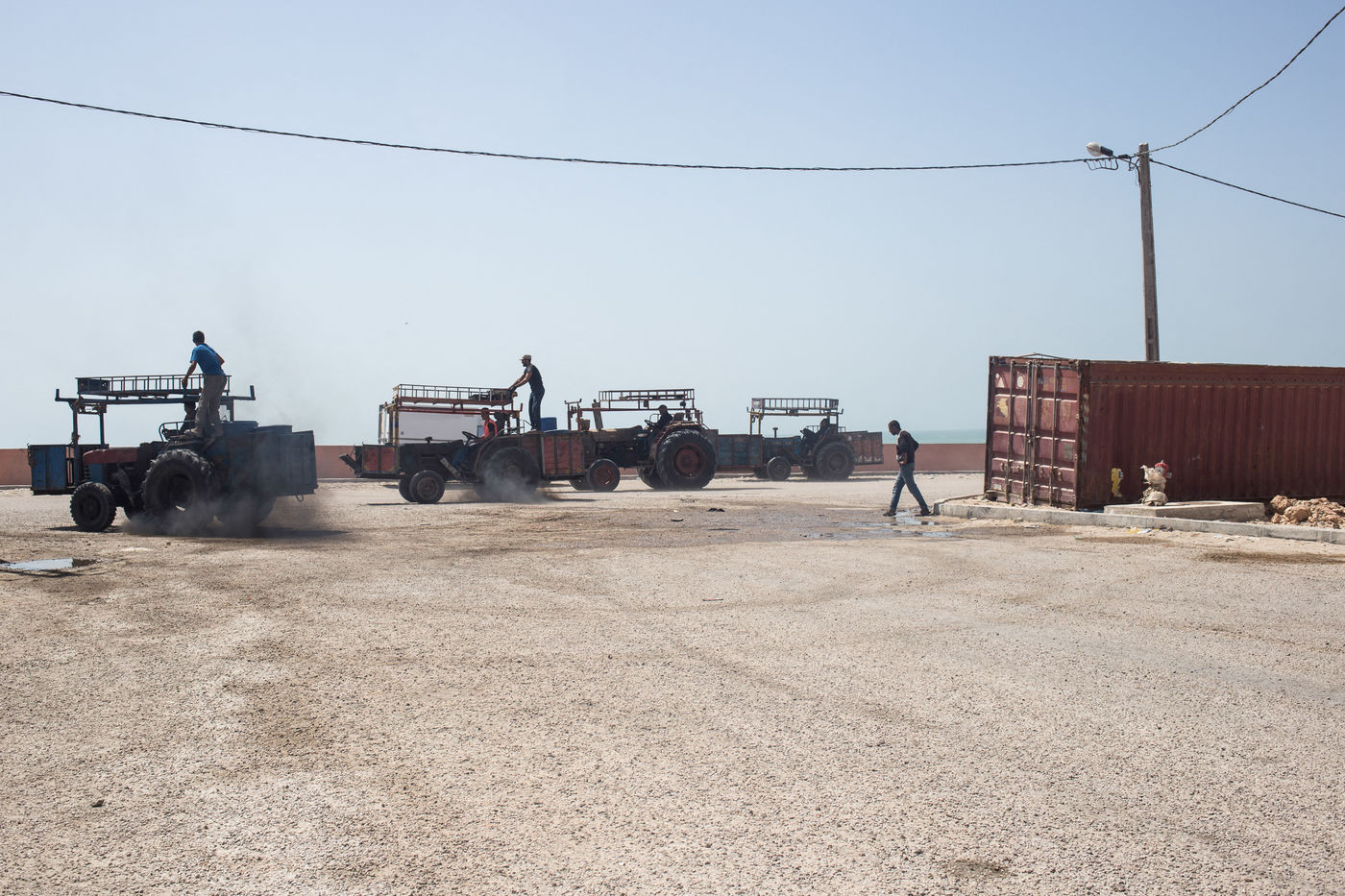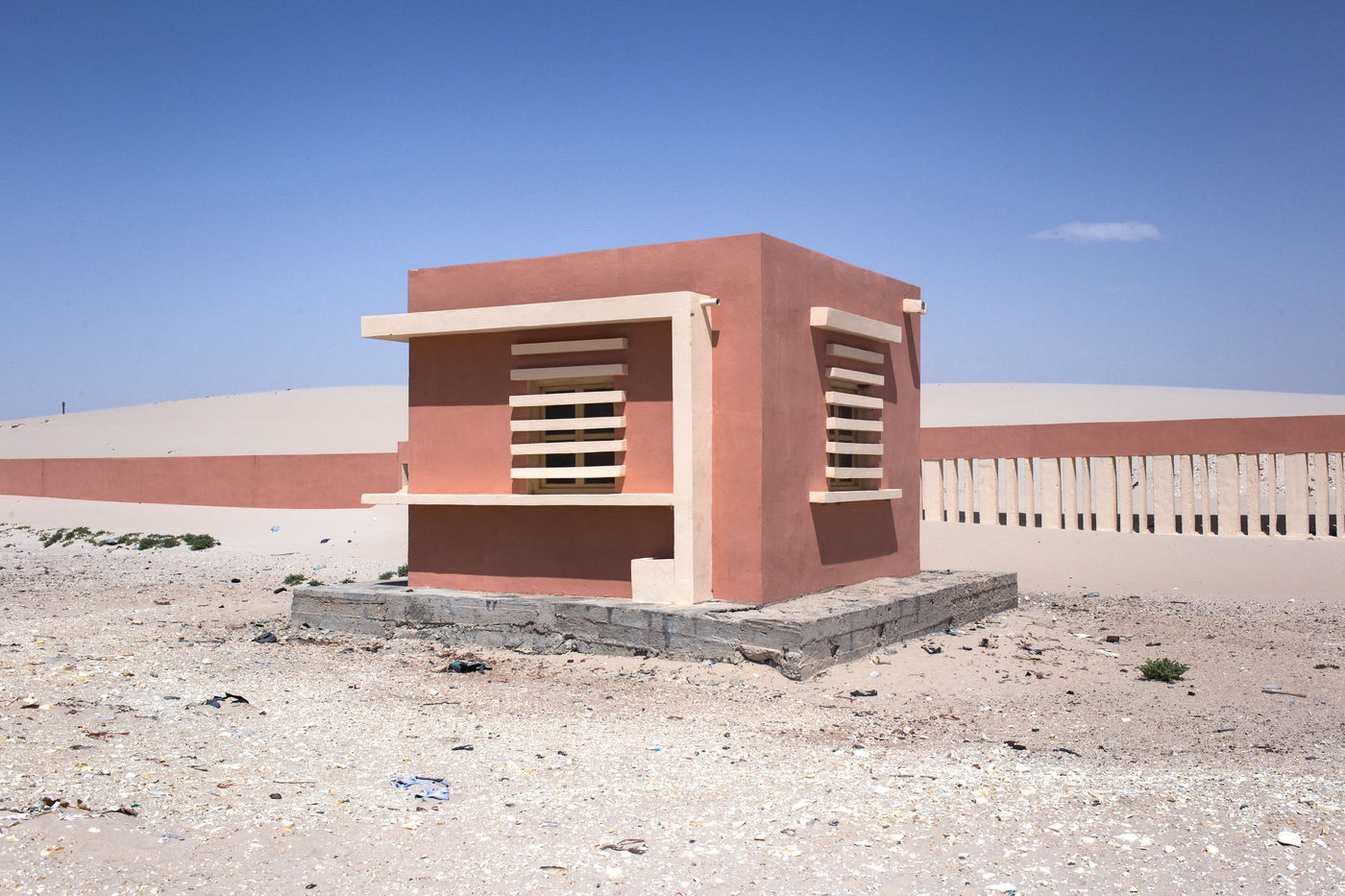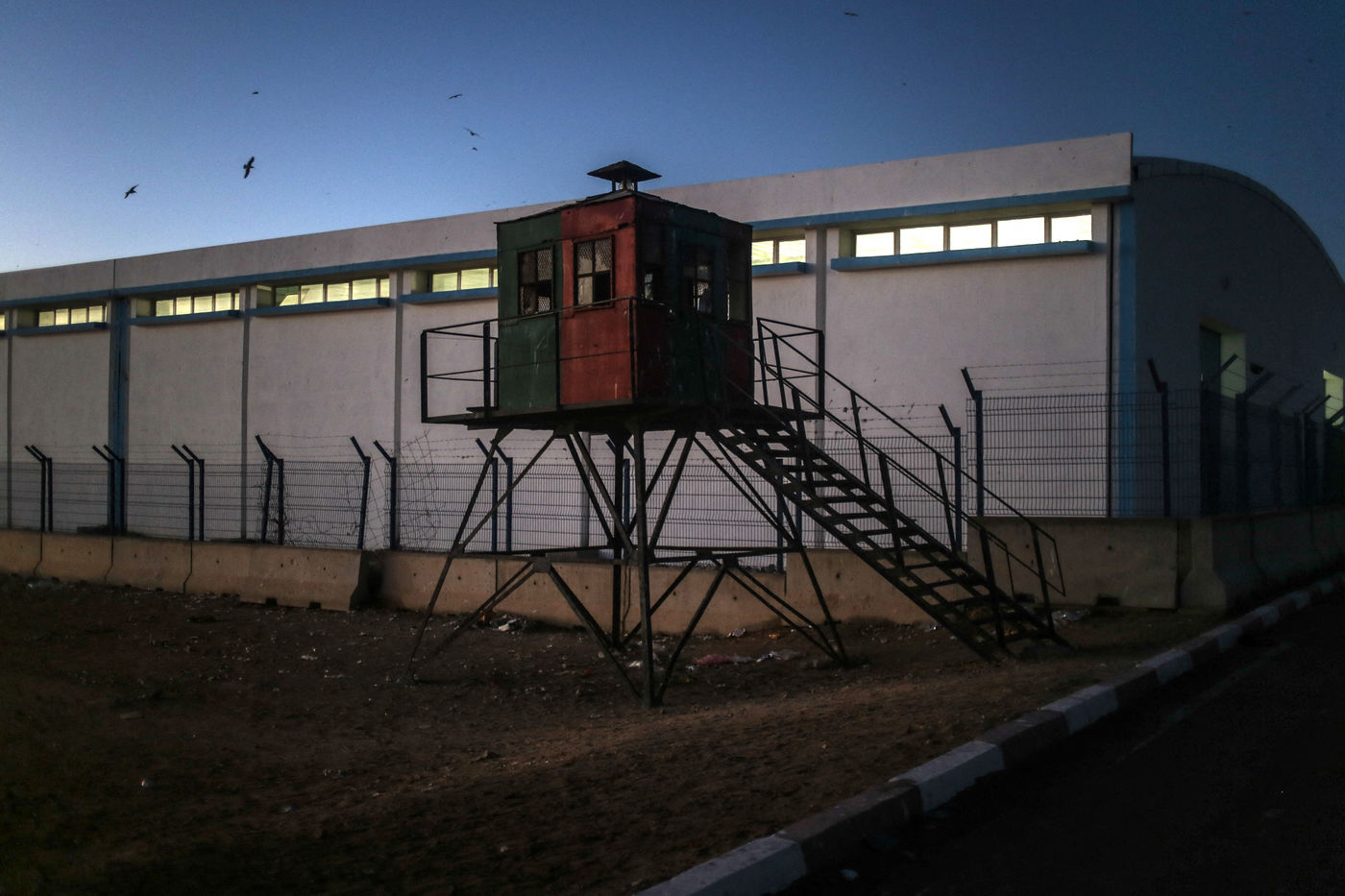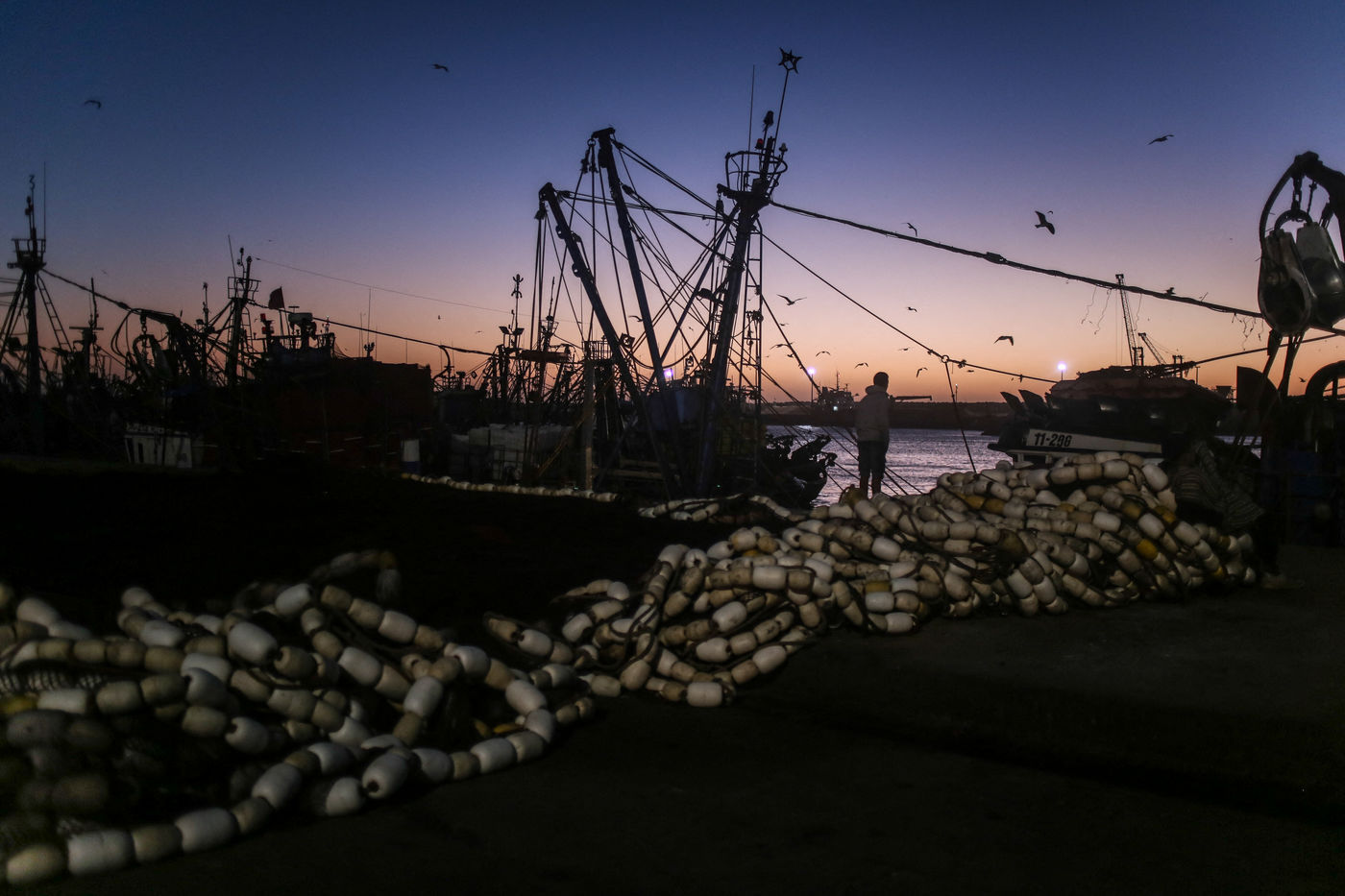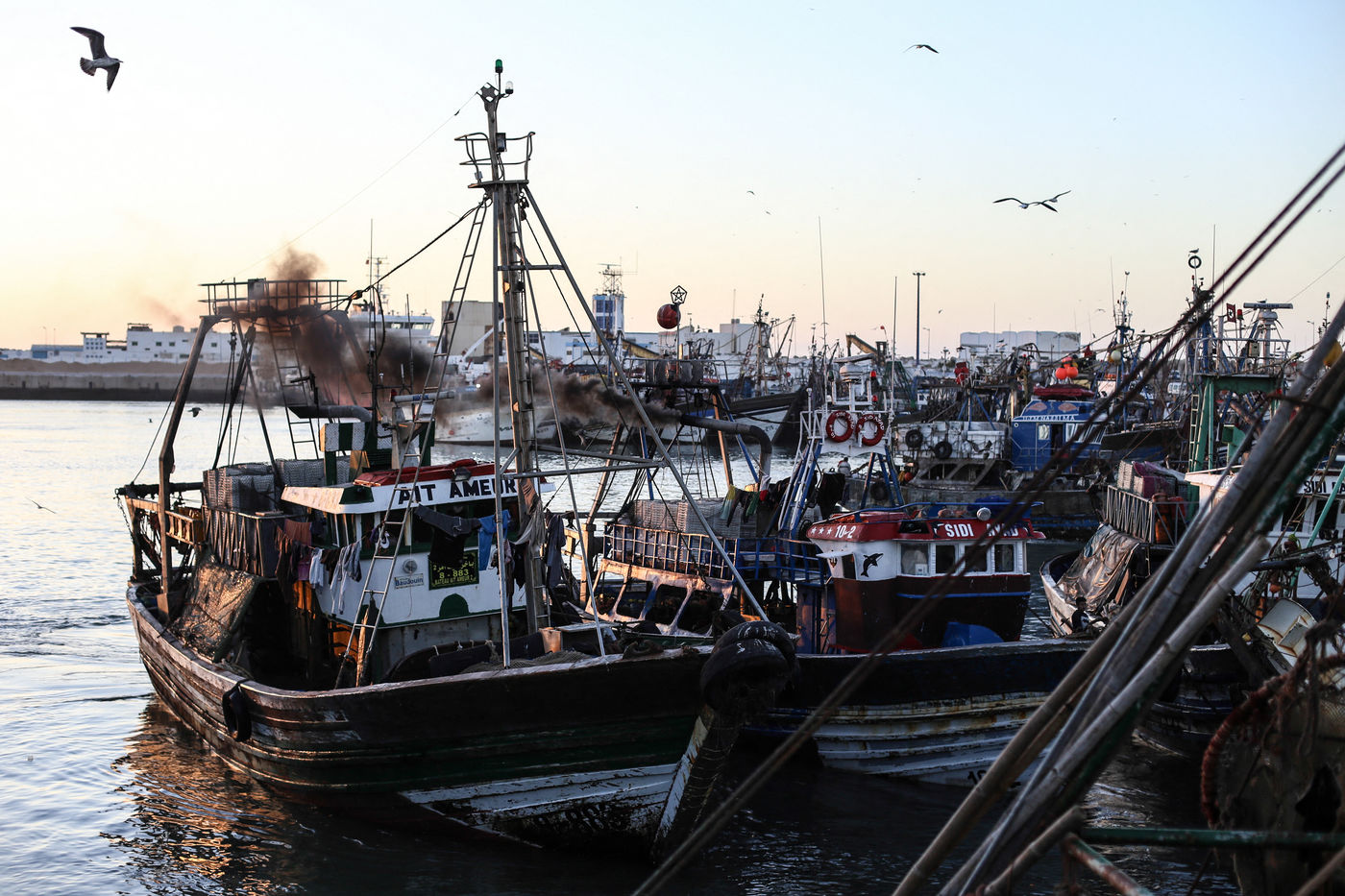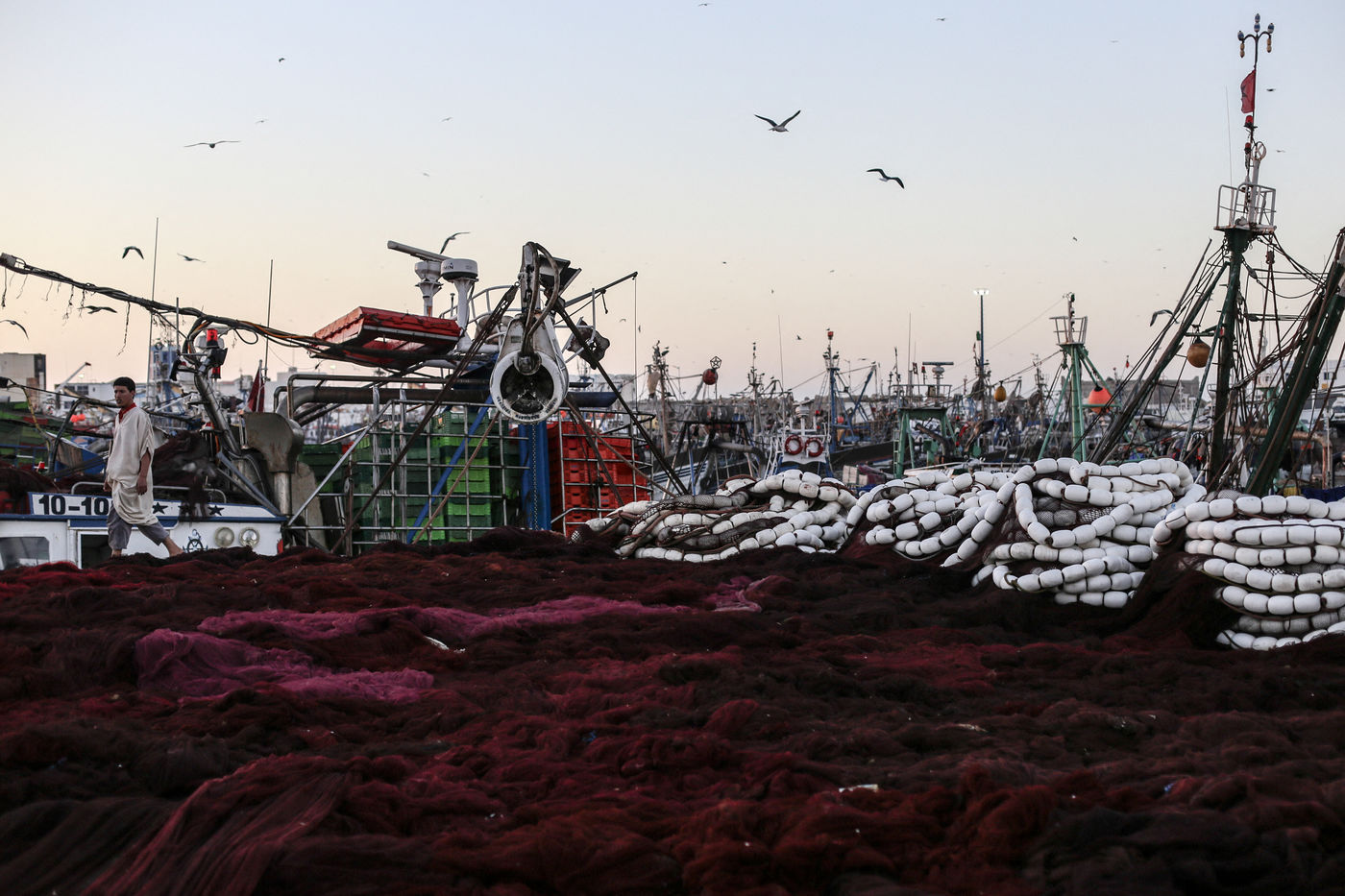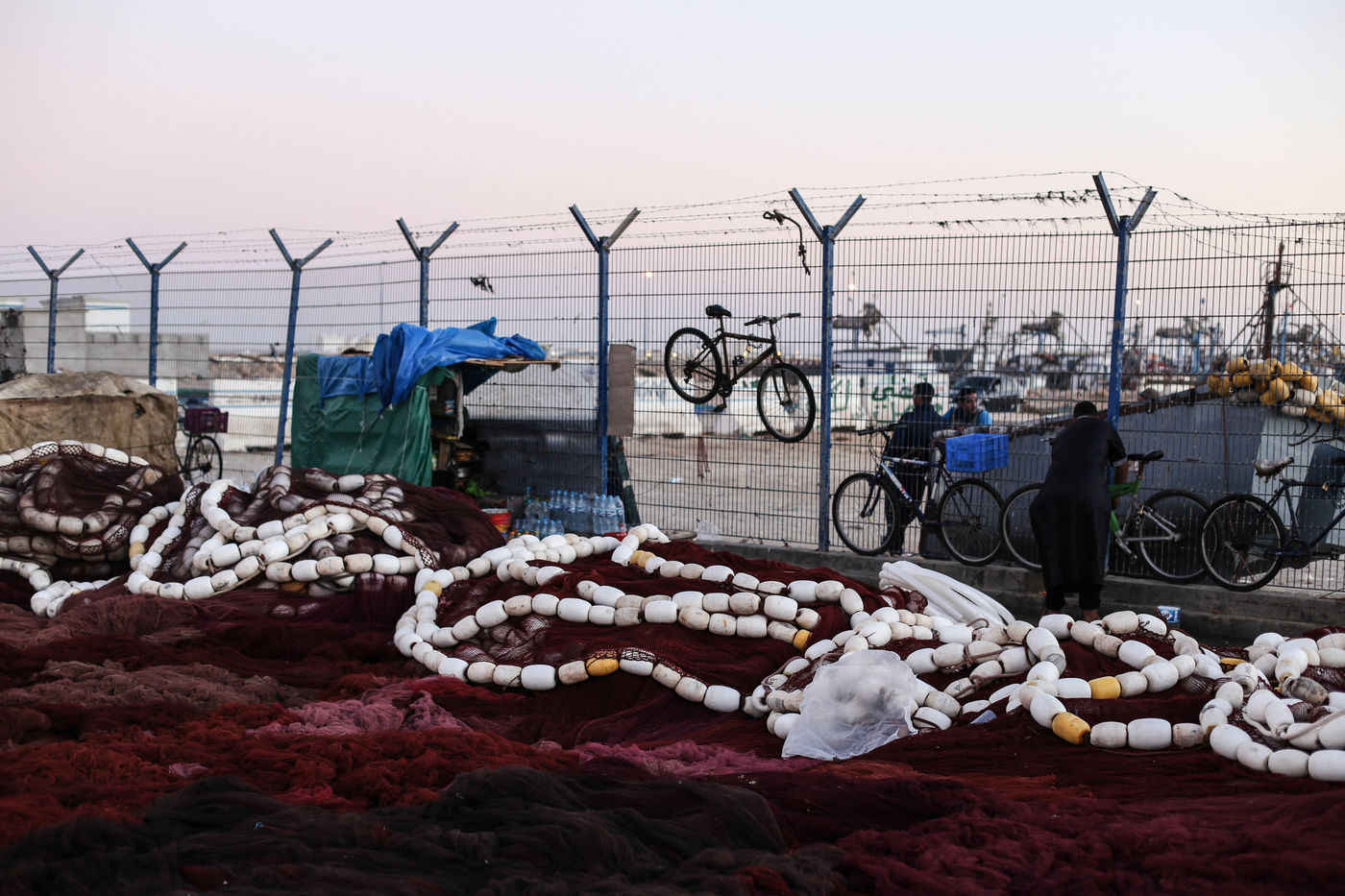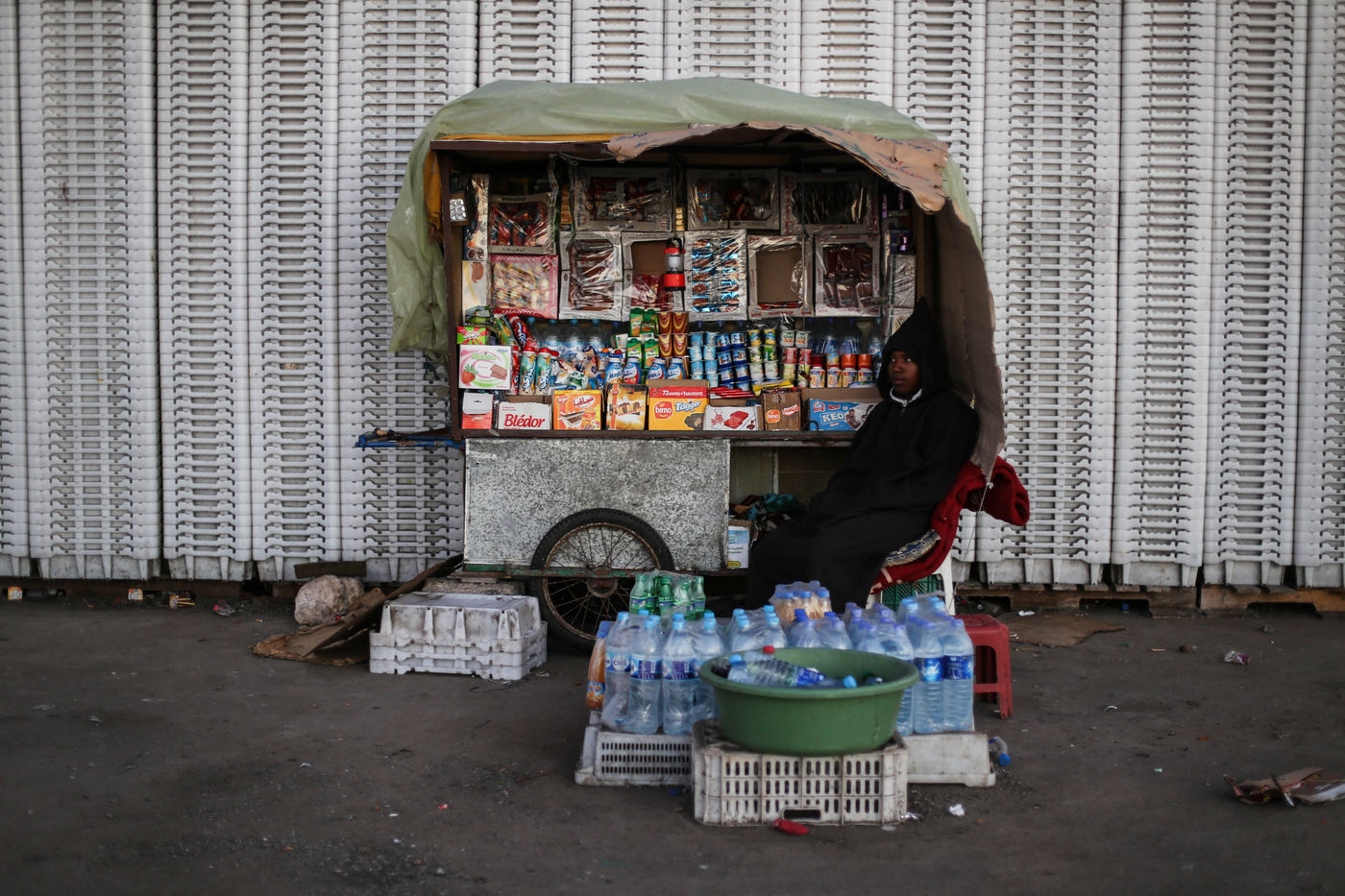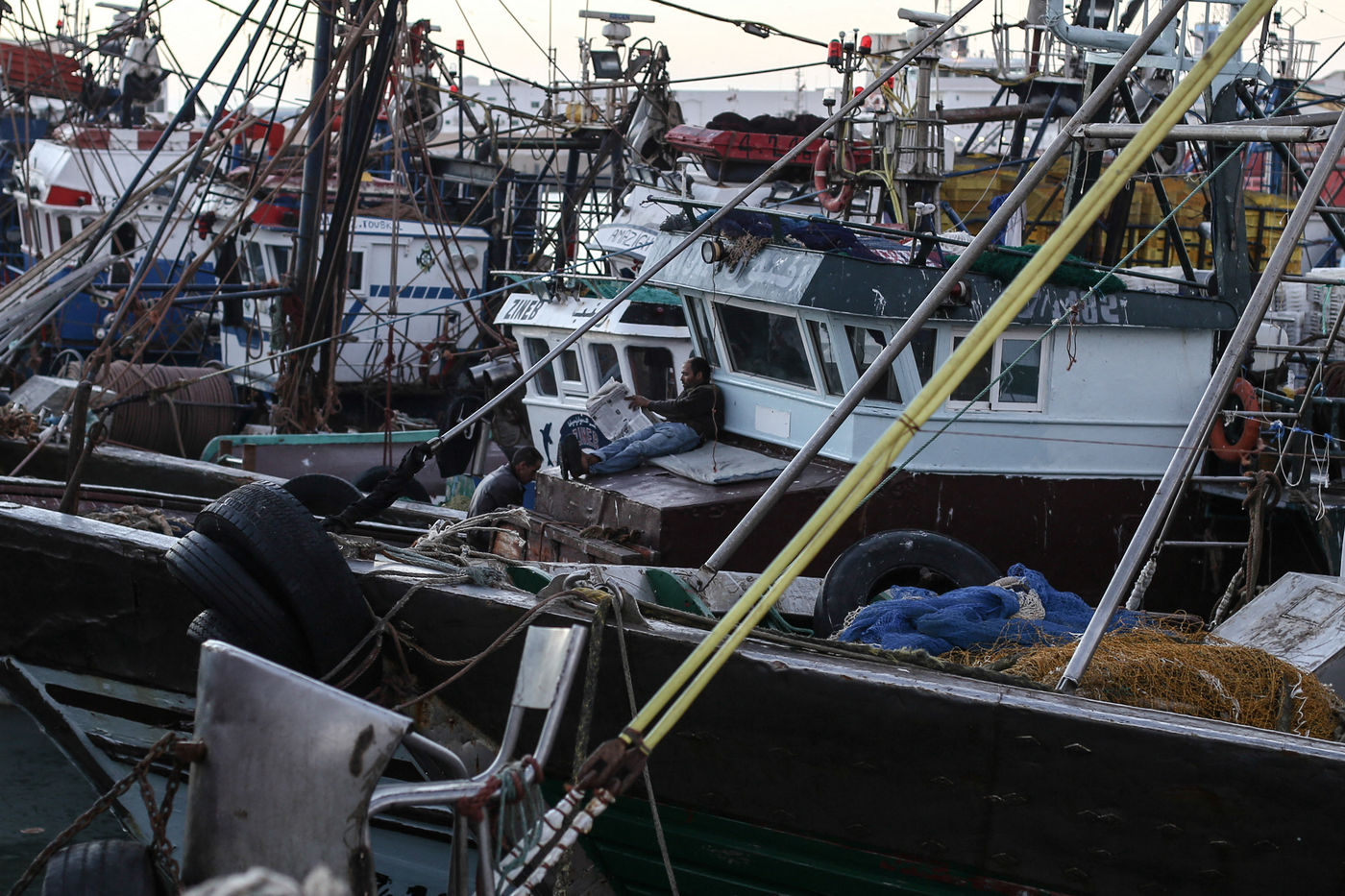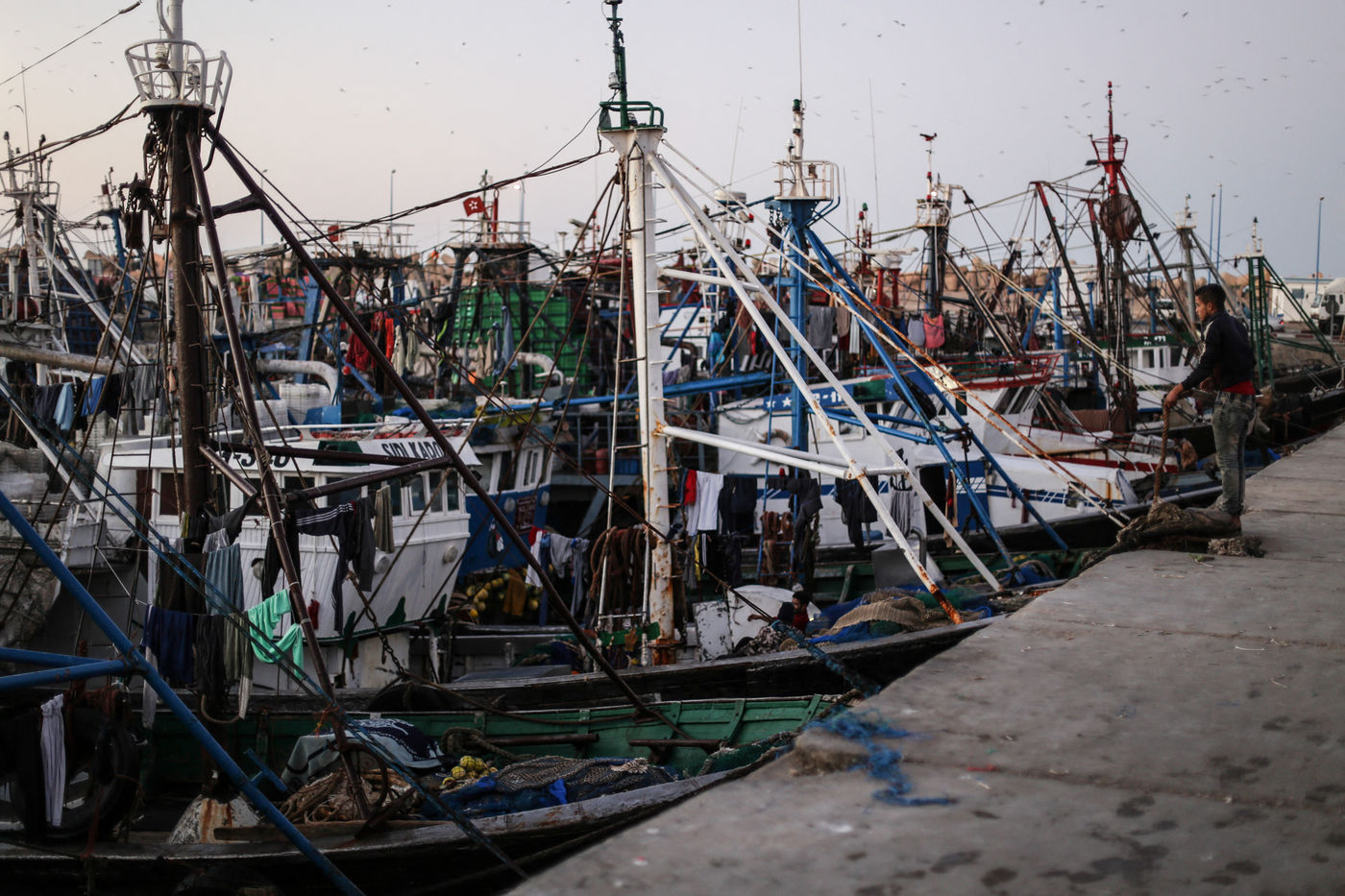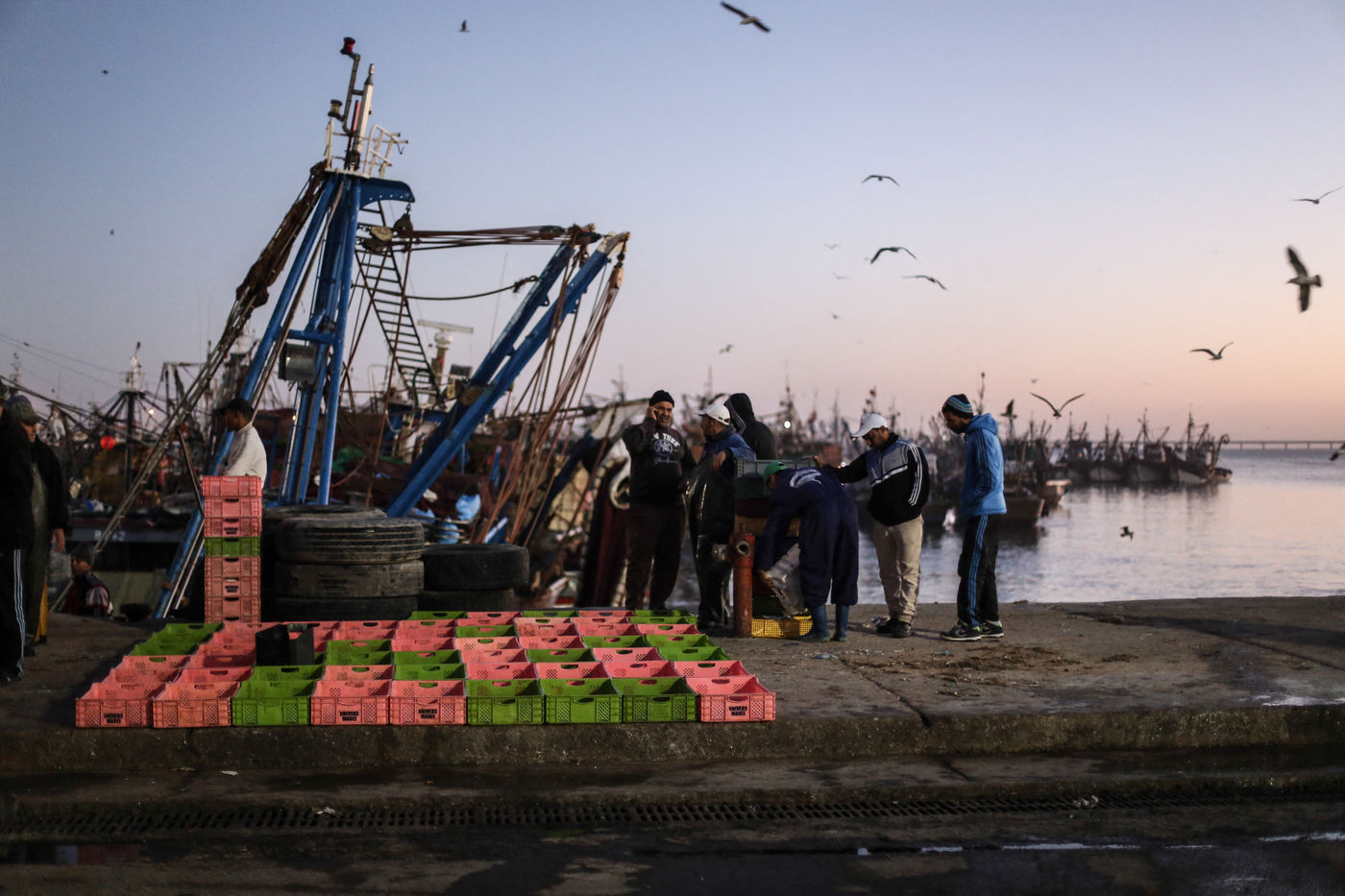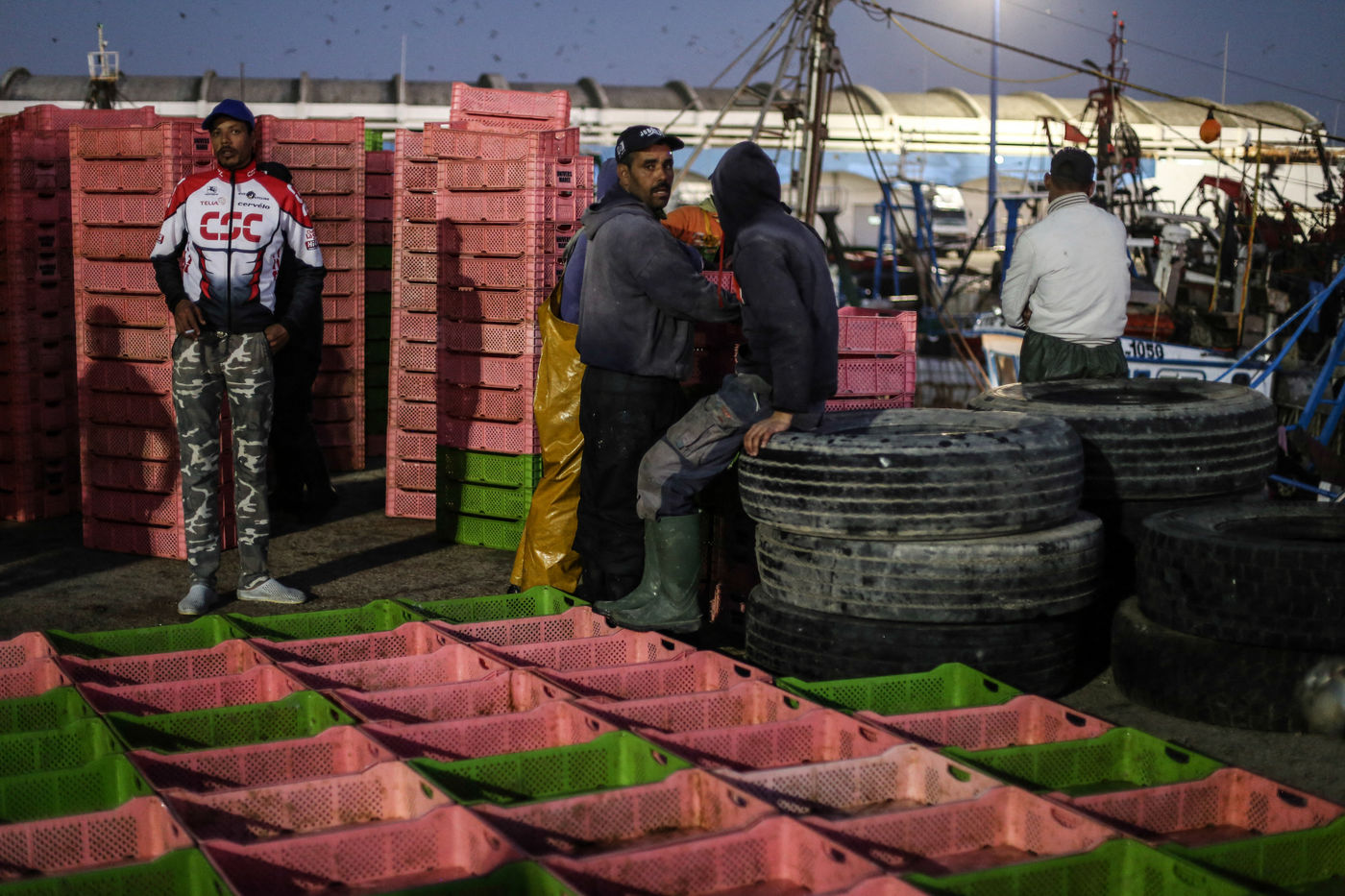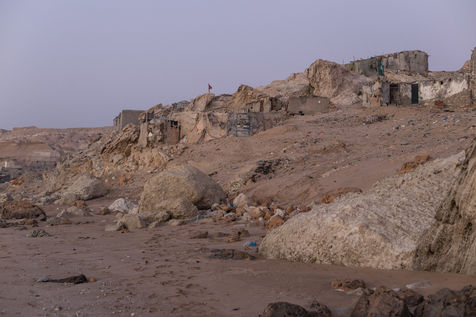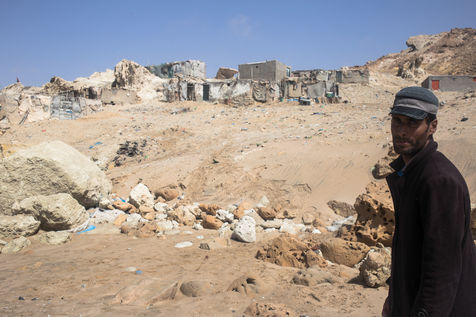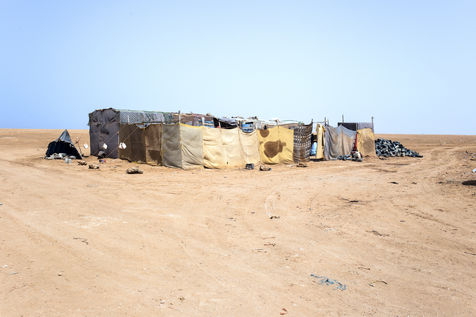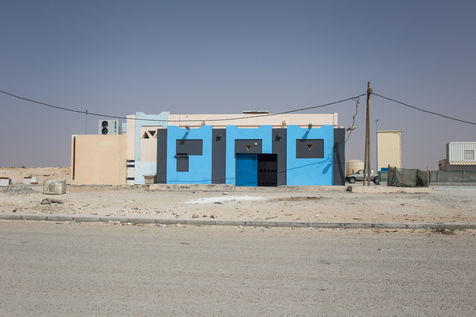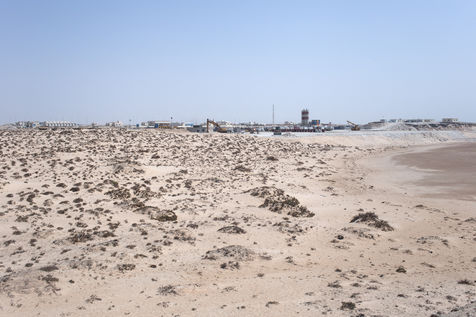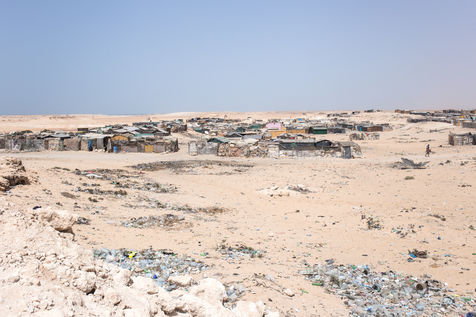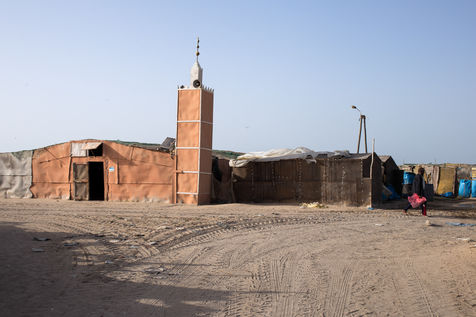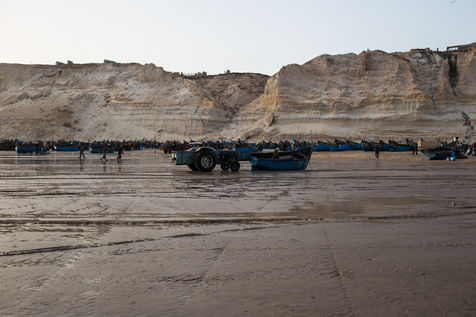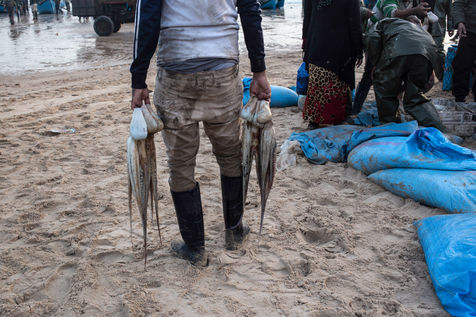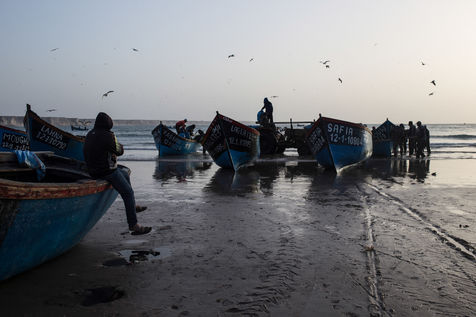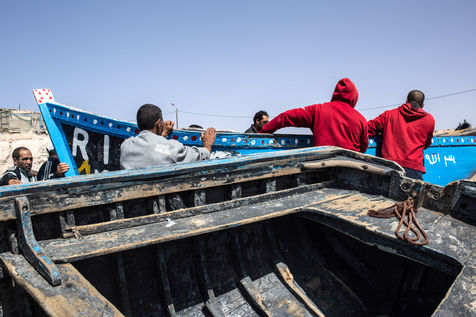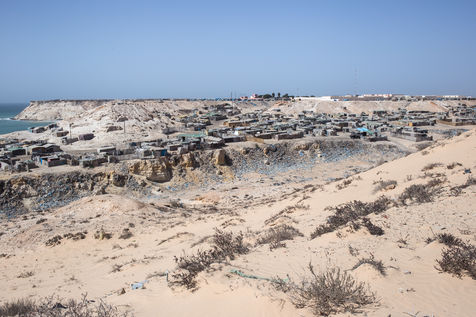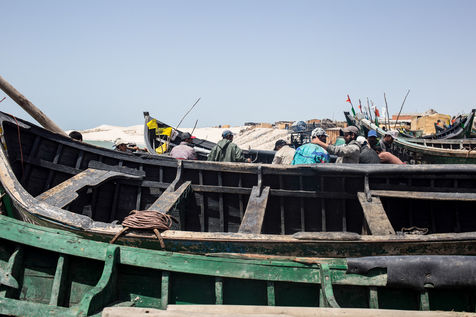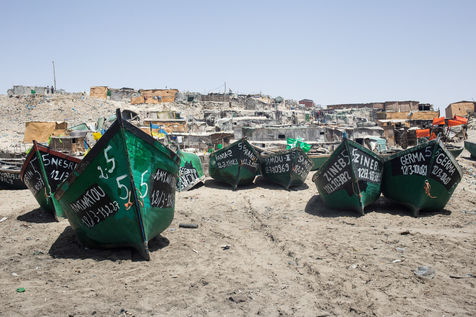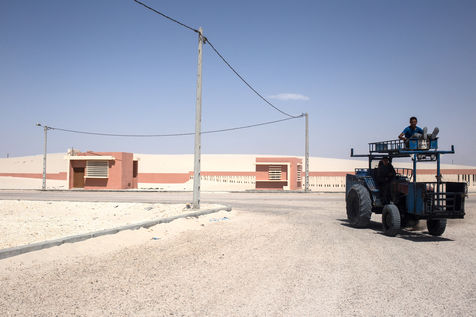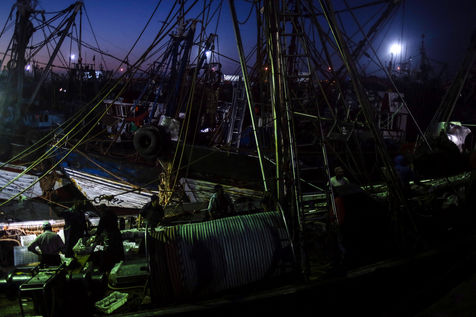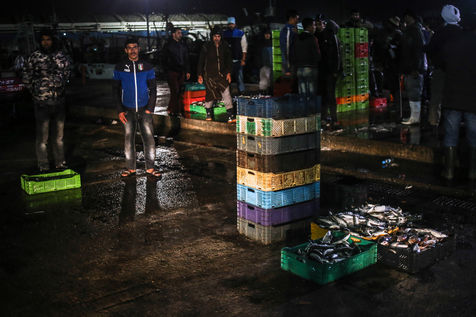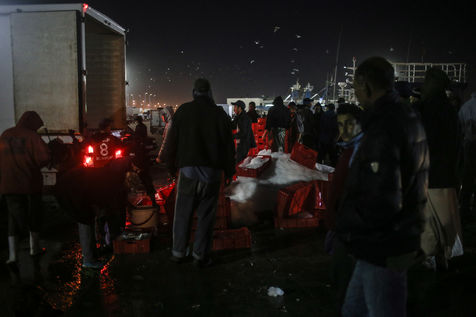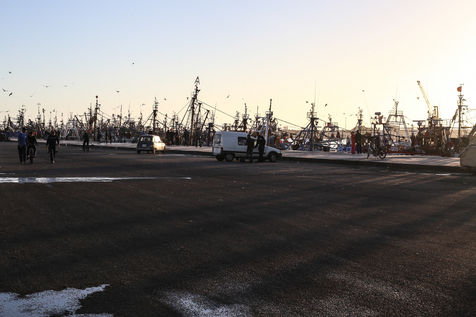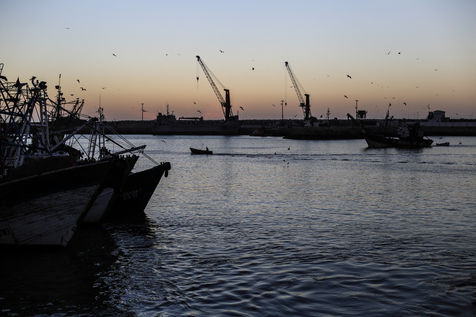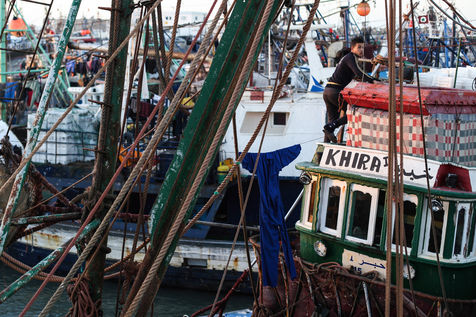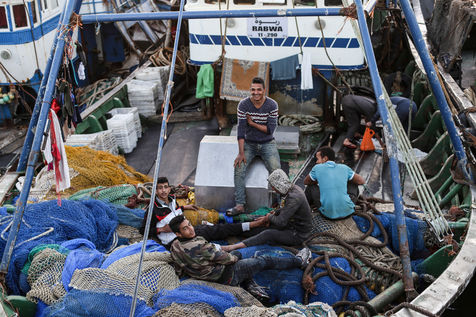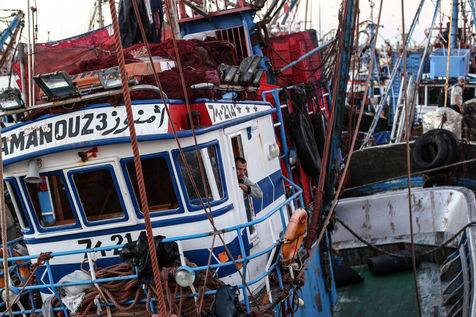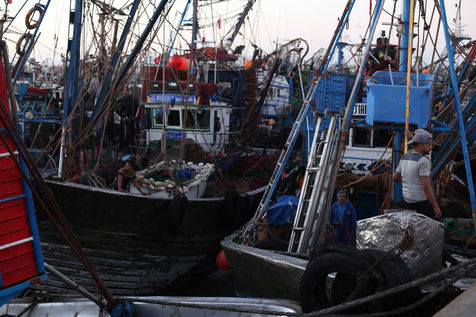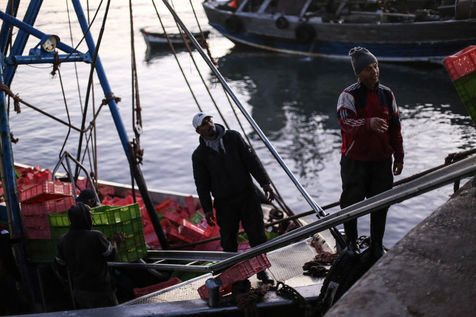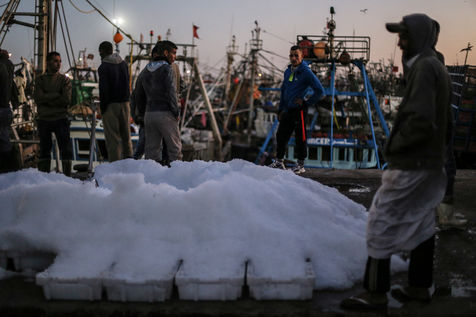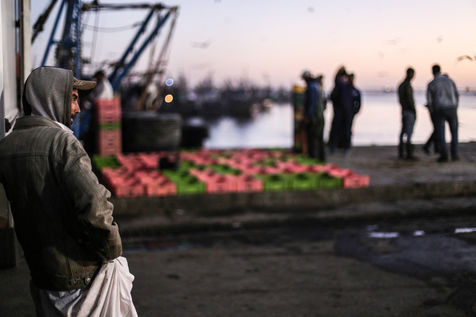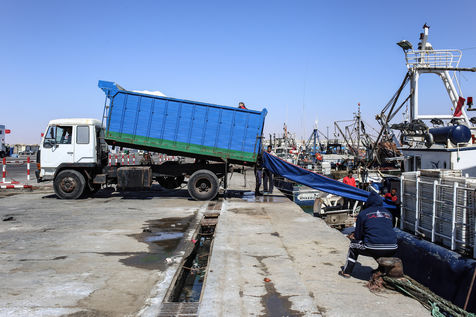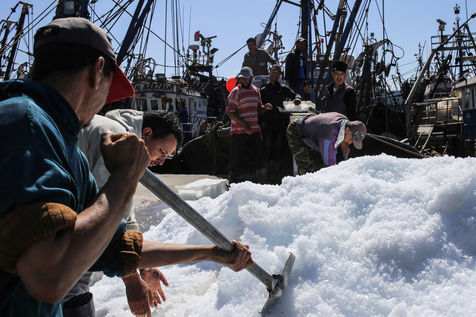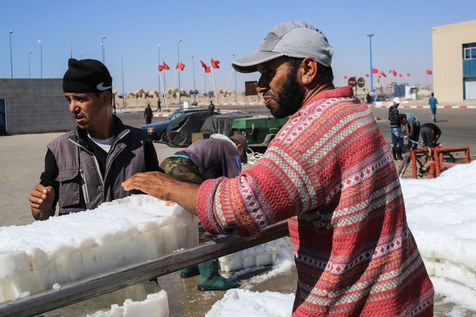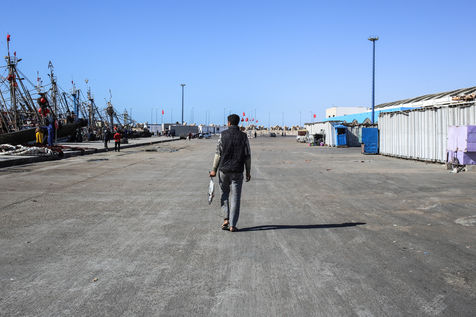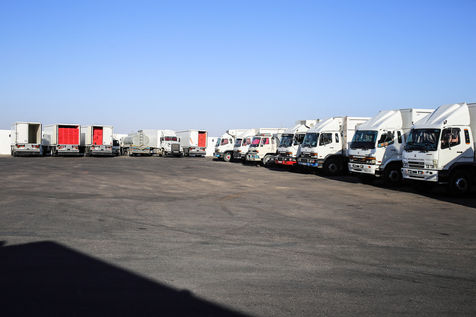Pêche et colonisation marocaine au Sahara Occidental
Les principales activités de pêche du Maroc ont aujourd'hui lieu illégalement au Sahara Occidental et s'accompagnent d'une migration massive de travailleurs marocains. L'exploitation des ressources et la colonisation marocaine se développent dans des rapports interdépendants, et entravent la résolution du conflit.
Le Sahara Occidental est considéré comme un territoire non autonome par les Nations Unies, une colonie en attente du processus d'auto-détermination. Le Maroc est lui considéré comme la puissance occupante depuis l'annexion du territoire en 1975.
En conséquence, le droit international stipule que le Maroc ne peut pas exploiter les ressources naturelles de ce territoire sans l'accord explicite du peuple sahraoui. En tant que puissance occupante elle ne peut déplacer sa population civile dans le territoire qu'elle occupe.
Les deux acteurs étrangers les plus importants dans le secteur de la pêche au Sahara Occidental sont aujourd'hui l'Union Européenne et la Russie.
Depuis 2016, la Cour de Justice de l'Union Européenne a statué que puisque le Sahara occidental a un "statut séparé et distinct" du Maroc, aucun accord commercial ou d'association de l'UE avec le Maroc ne peut être appliqué au territoire sans le consentement explicite du peuple sahraoui. Cependant l'accord de pêche Maroc-UE n'a pas été annulé.
De 2014 à 2018, dans le cadre de l'accord de pêche entre l'Union Européenne et le Maroc, l'UE aura accordé au Maroc une aide de 56 millions d'euros pour le développement de son secteur pêche, dépensé à plus de 66% pour développer les infrastructures dédiées à la pêche au Sahara Occidental - avec l'approbation explicite de l'UE pour chacun des projets.
En vertu du droit international, "tous les États sont tenus de ne pas reconnaître une situation illégale résultant d'une annexion. Ils sont en outre dans l'obligation de ne pas prêter aide ou assistance au maintien de cette situation illégale."
Néanmoins, le Maroc continue d'occuper, de coloniser, et d'exploiter les ressources naturelles du territoire, avec l'appui de l'Union Européene.
Le soutien de l'UE pour la pêche aura grandement participé à renforcer l'industrie halieutique marocaine, en développant une dizaine de ports et de villages pour pêcheurs au Sahara Occidental.
En offrant ainsi des possibilités de travail aux marocains, une migration massive s'est mise en place et colonise le littoral.
Au fur et à mesure, les bidonvilles de marocains se déploient autour des ports et seront prochainement absorbés par les villes nouvelles. Au fur et à mesure que l'exploitation des ressources et l'occupation marocaine progressent dans ce désert, les chances pour le peuple sahraoui d'exercer son droit à l'autodétermination se réduisent.
Moroccan fish plunder and colonization in Western Sahara
Today, the main fishing activities of Morocco take place illegally in Western Sahara and goes along with a massive migration of Moroccan workers, which fuels the conflict resolution.
Western Sahara is considered a non-autonomous territory by the United Nations, a colony waiting for its self-determination referendum. Morocco is considered as the occupying power since the annexation of the territory in 1975. Consequently, international law stipulates that Morocco can not exploit the natural resources of this territory without the explicit agreement of the Sahrawi people. The occupying power cannot deport or transfer parts of its own population into the territory it occupies.
In 2016, the Court of Justice of the European Union ruled that since Western Sahara has a "separate and distinct status" from Morocco, no EU trade or Association agreement with Morocco can be applied to the territory without the explicit consent of the Saharawi people. However, the Morocco-EU fisheries agreement has not been canceled since.
From 2014 to 2018, within the framework of the fisheries agreement between the European Union and Morocco, the EU granted Morocco 56 million euros in aid for developing its fishing sector. 66% of this amount was spent to develop infrastructures dedicated to fishing in Western Sahara - with the explicit approval of the EU for each project.
According to international laws, "all states are under an obligation not to recognize the illegal situation resulting from an annexation and not to render aid or assistance in maintaining this illegal situation."
Nevertheless, Morocco continues to occupy, colonize and exploit the natural resources of the territory, with the strong support of the European Union.
EU support for fisheries will have greatly contributed to strengthening the Moroccan fishing industry, developing a dozen ports and fishing villages in Western Sahara.
By offering work opportunities to Moroccans, a massive migration has taken place and colonized the coastline. Consequently, Moroccans slums have spread out all around ports and will soon be absorbed by the new towns. As the exploitation of resources and the Moroccan occupation progress in this desert, the chances for the Saharawi people to exercise their right to self-determination are reduced.
